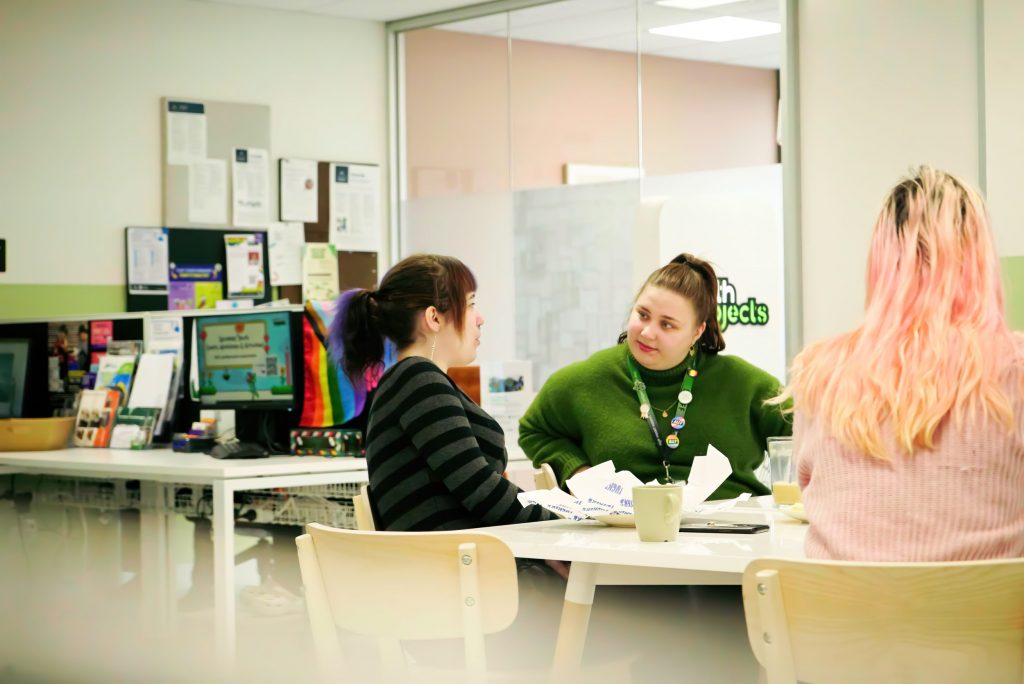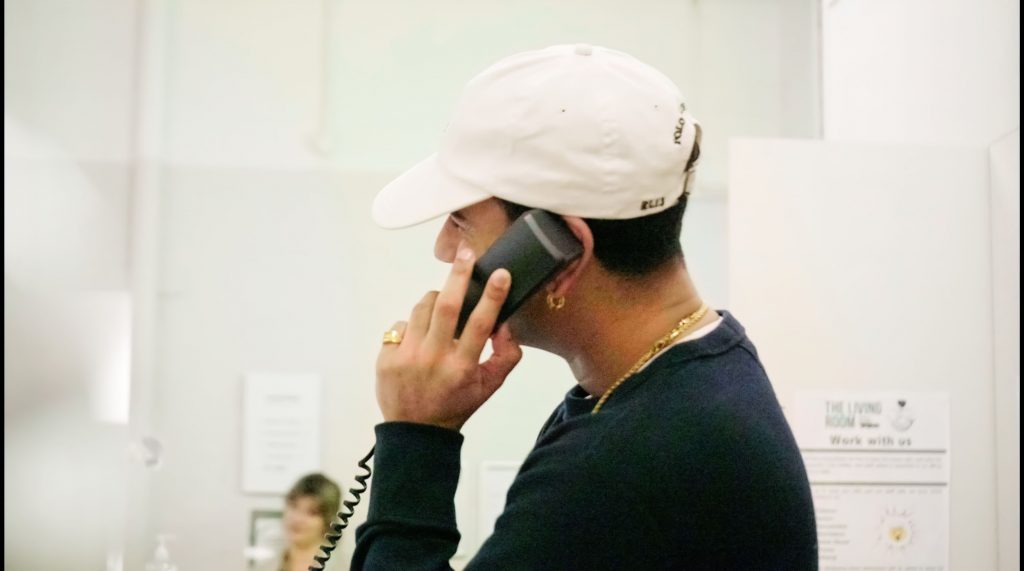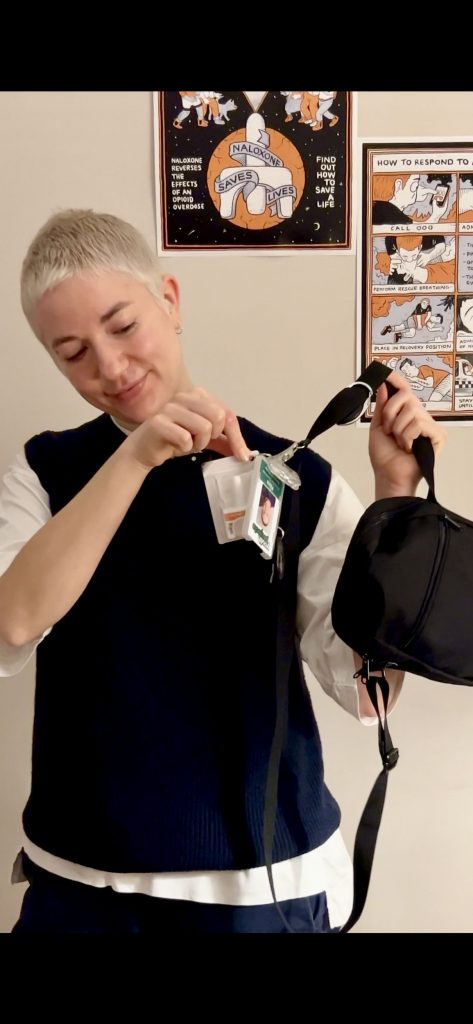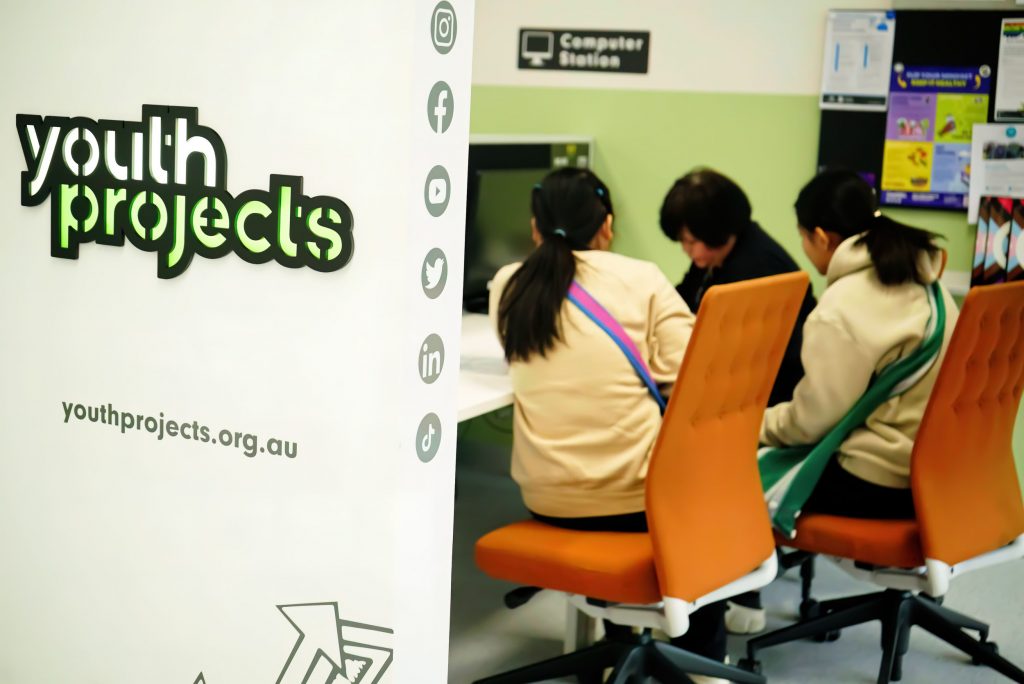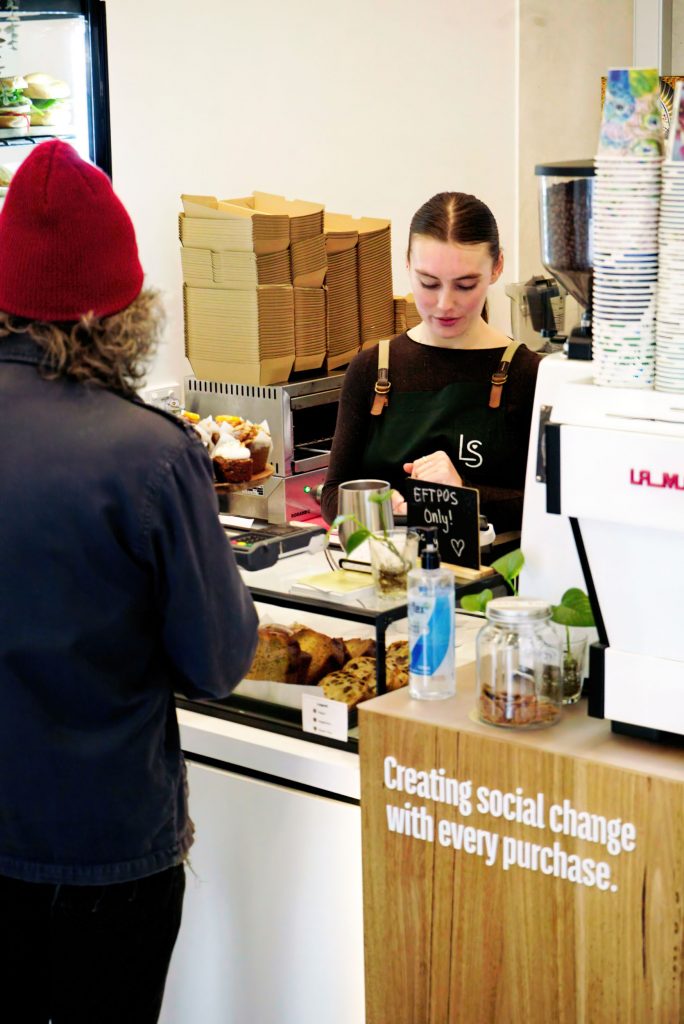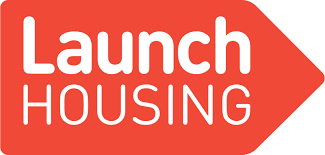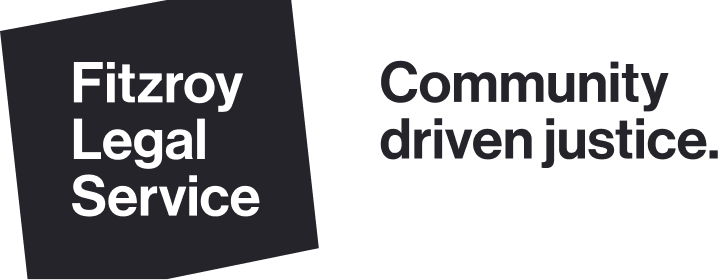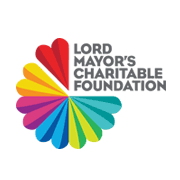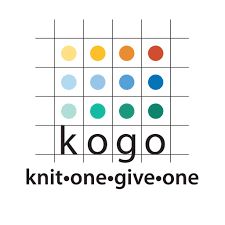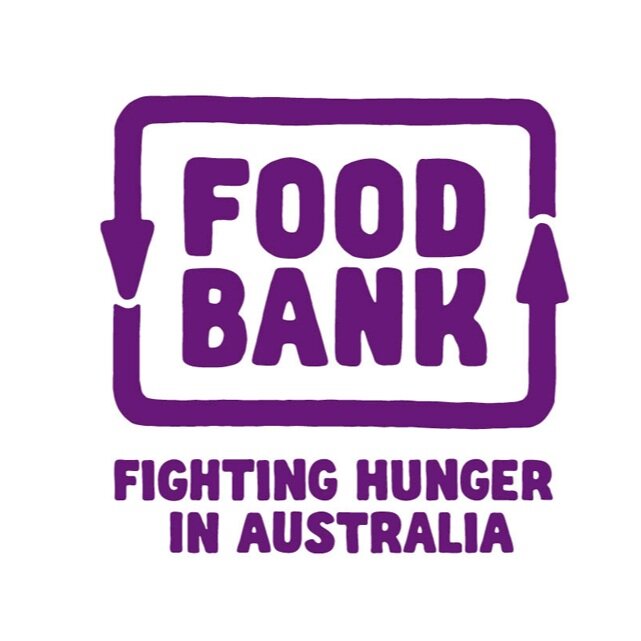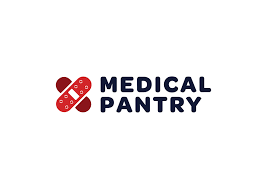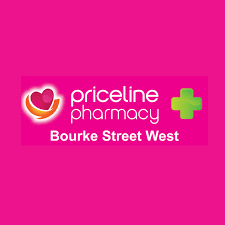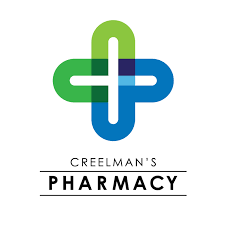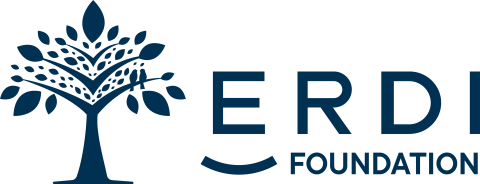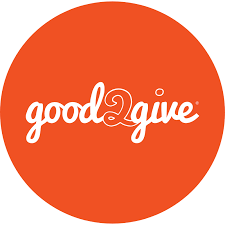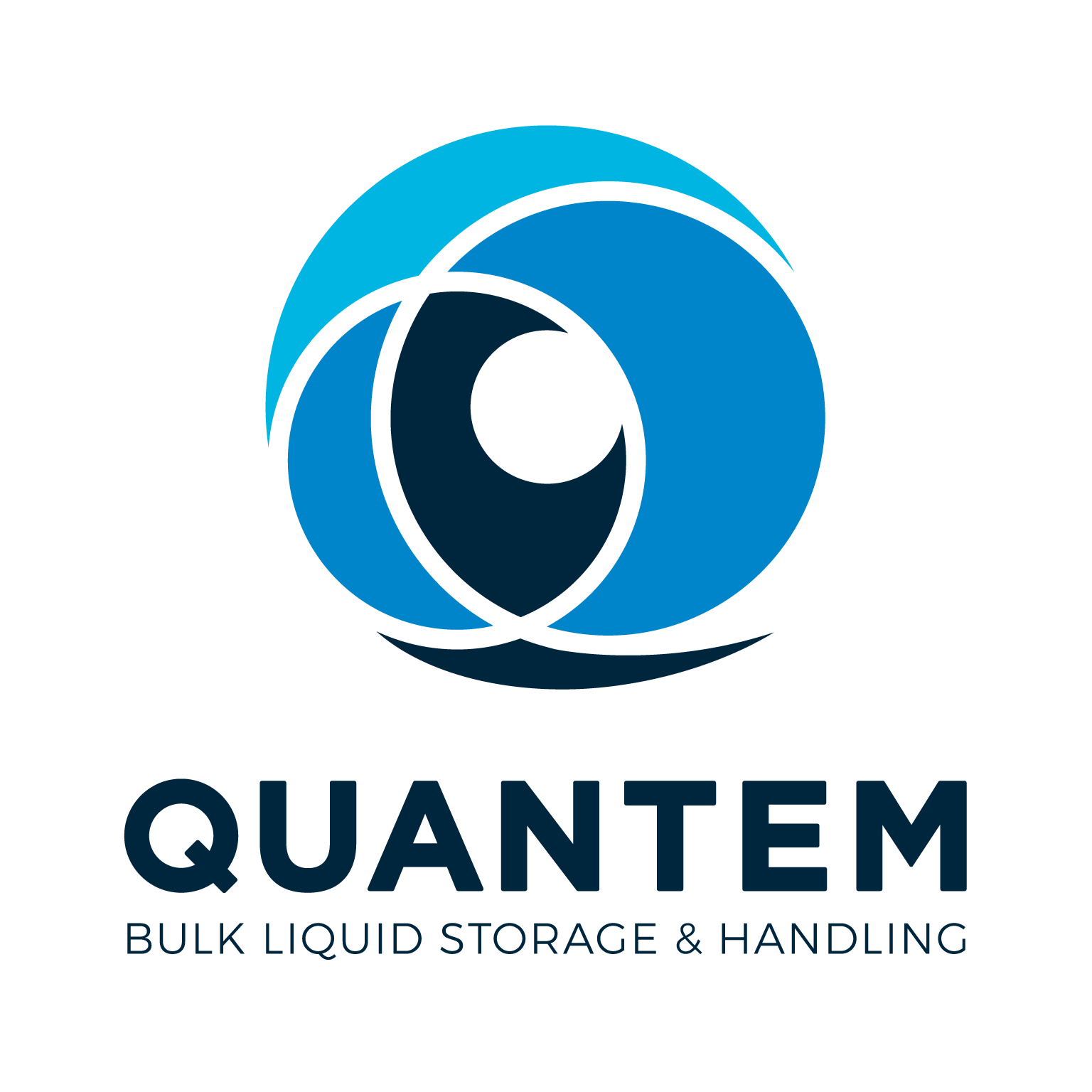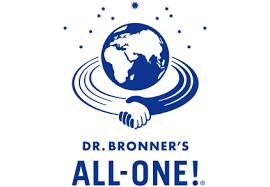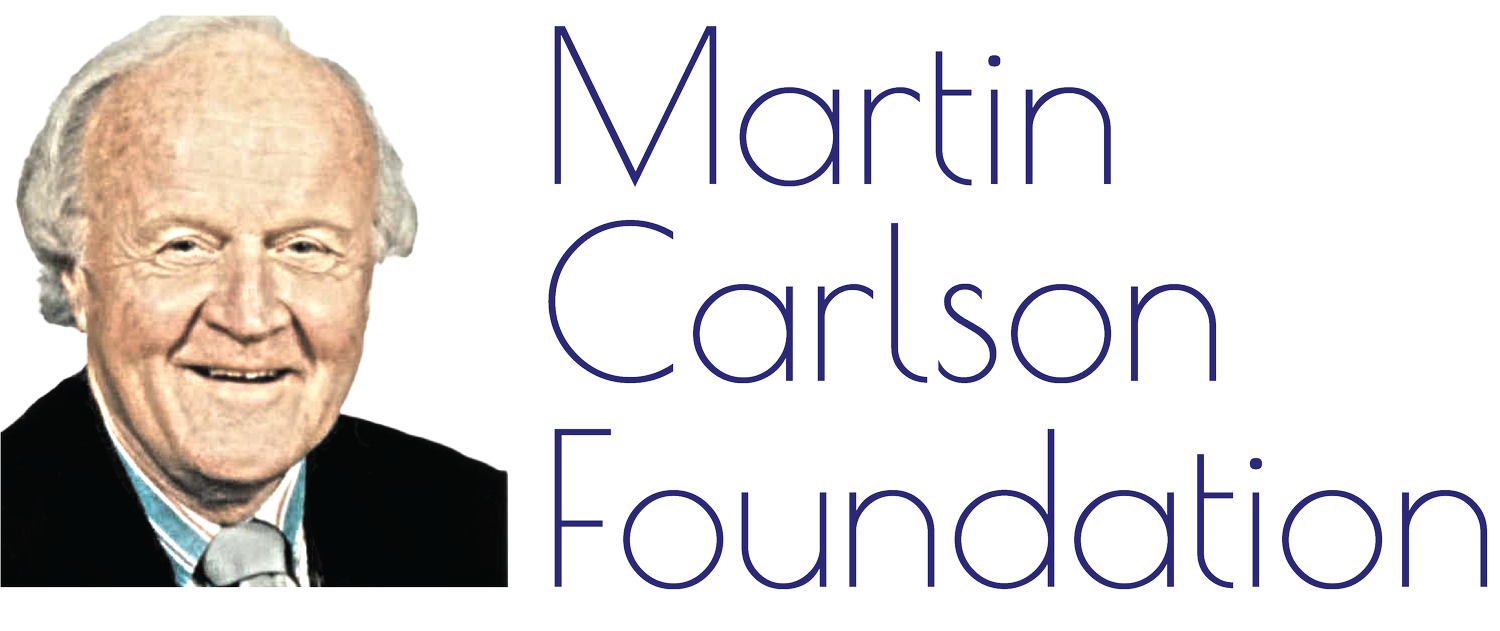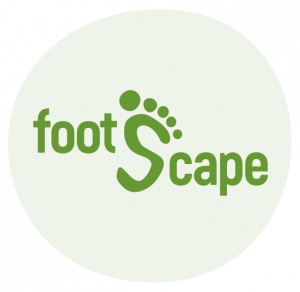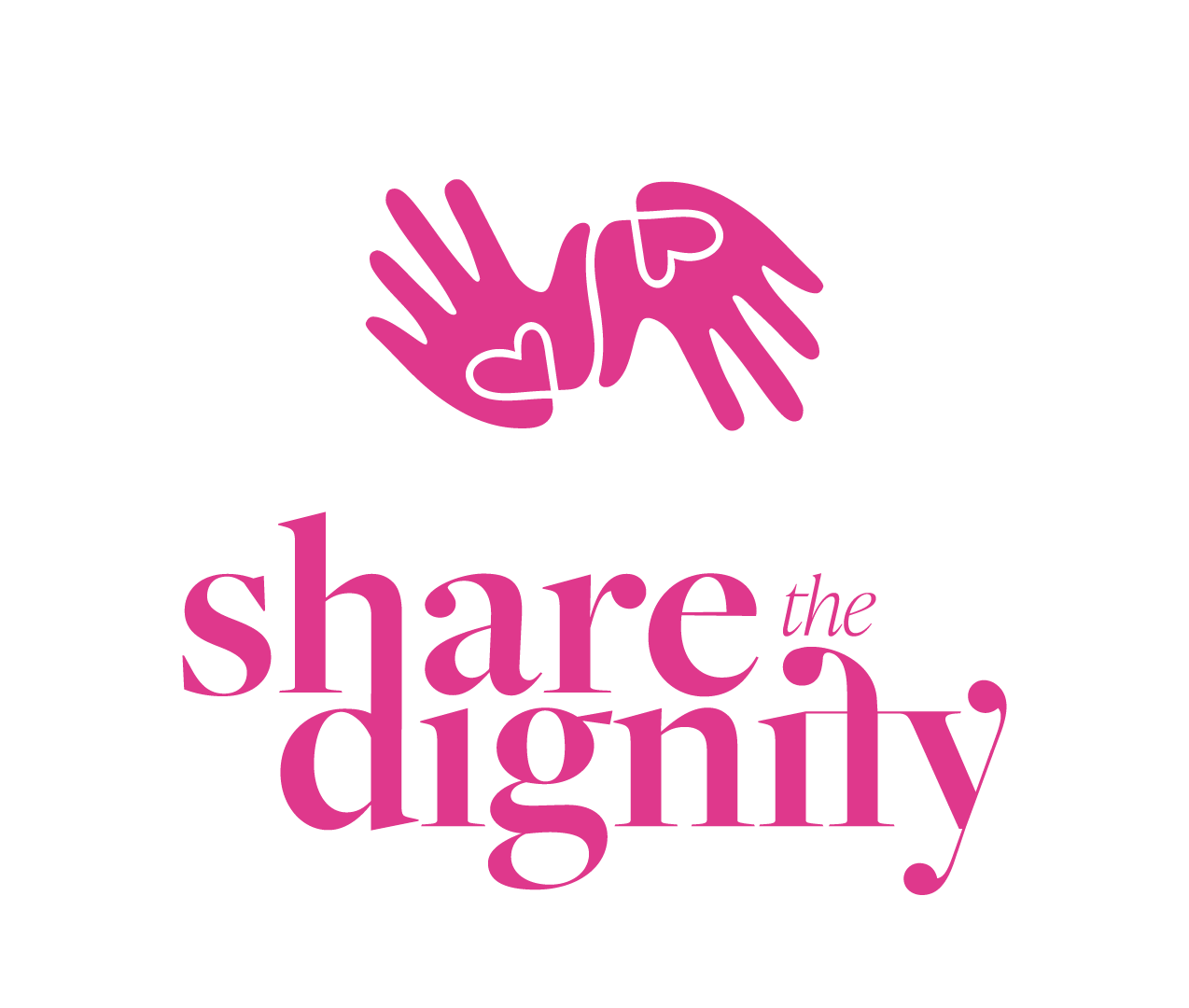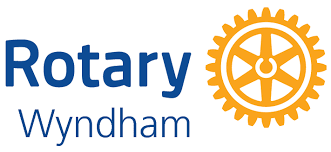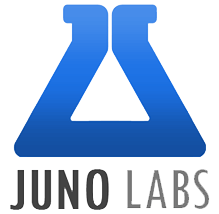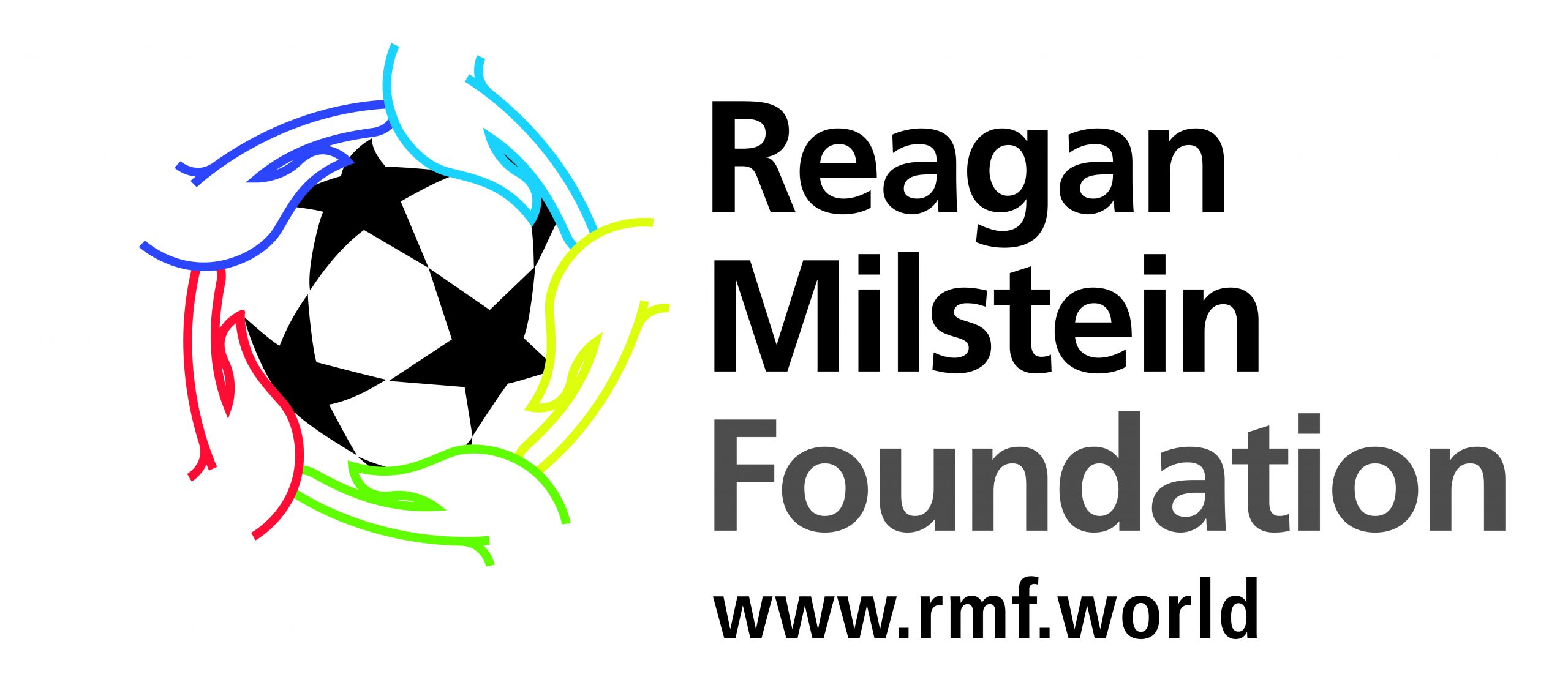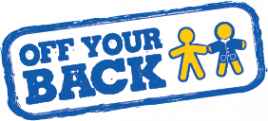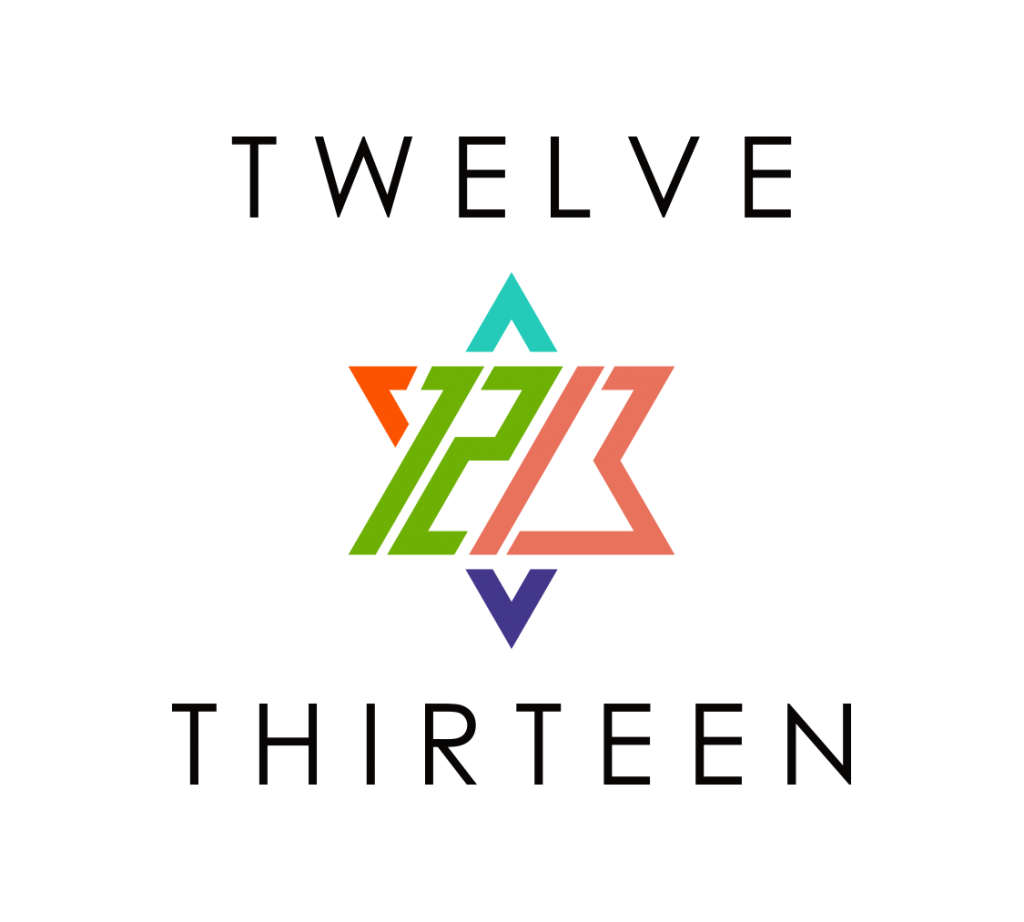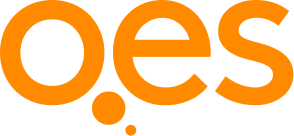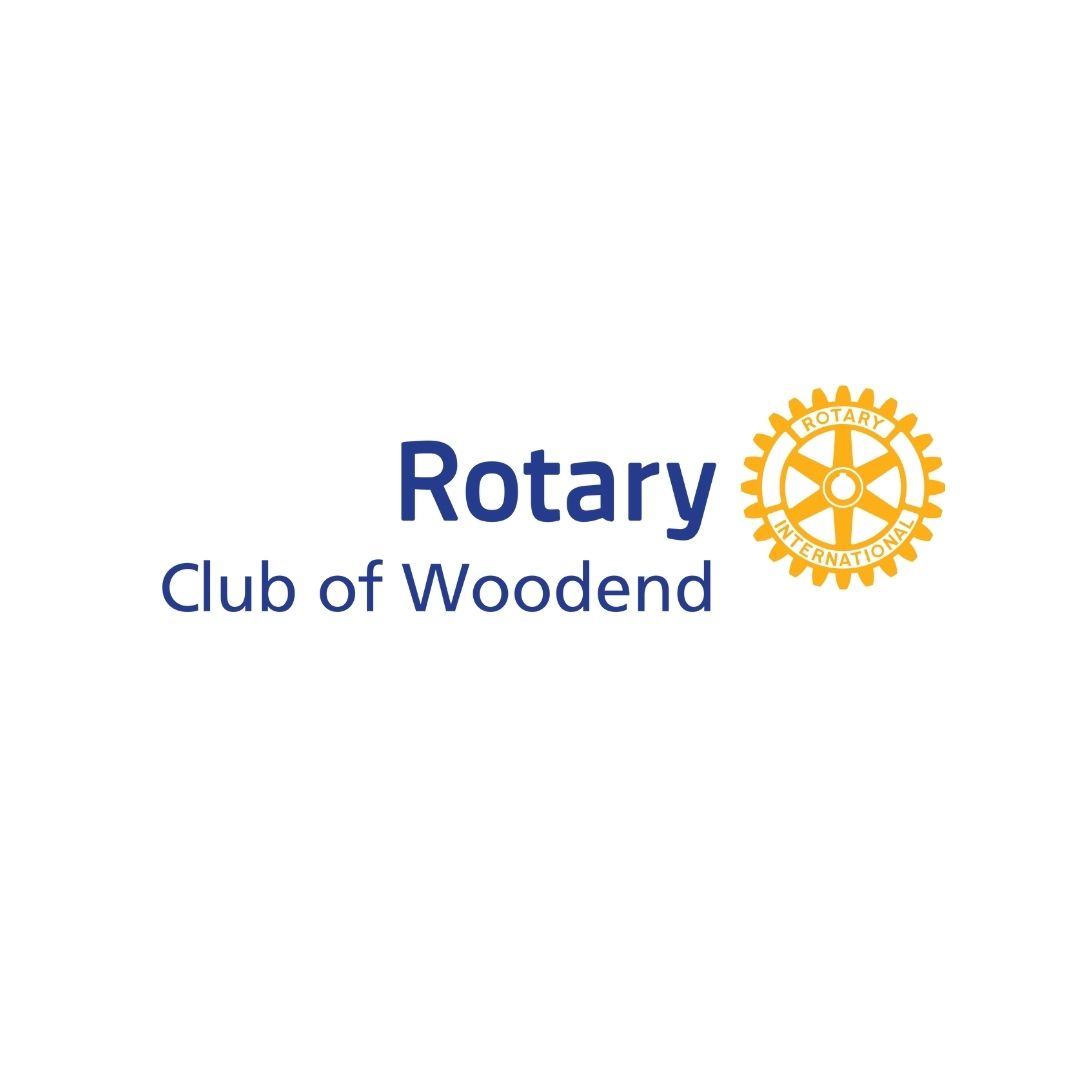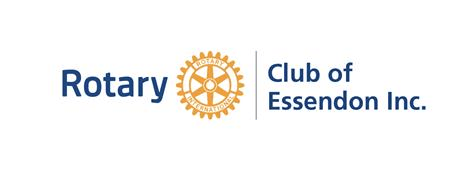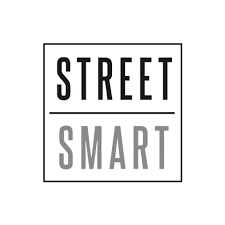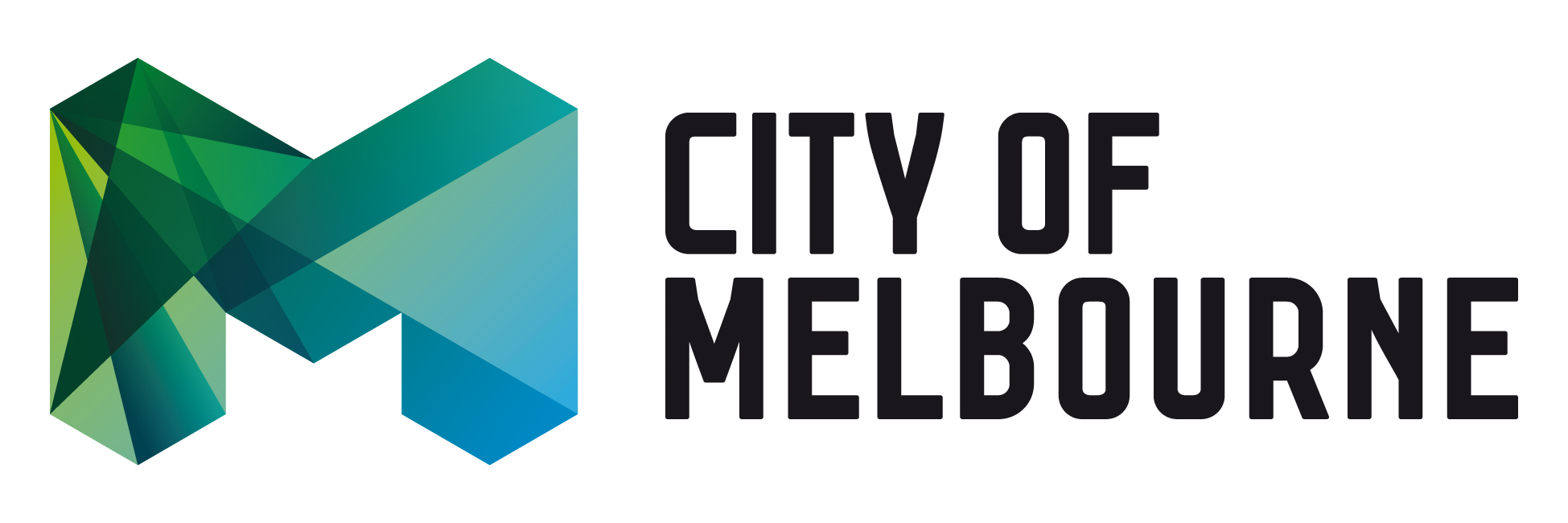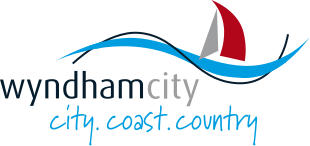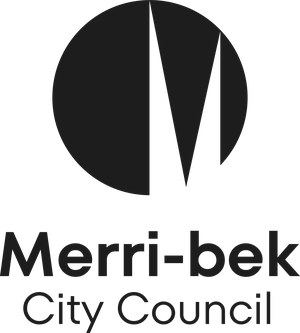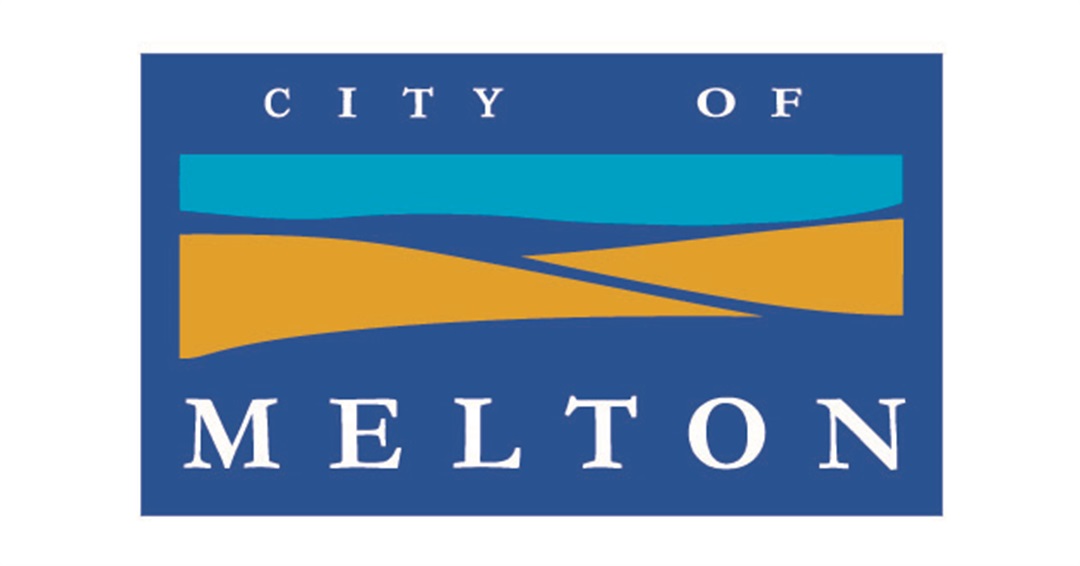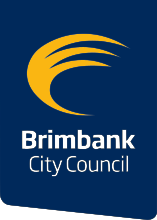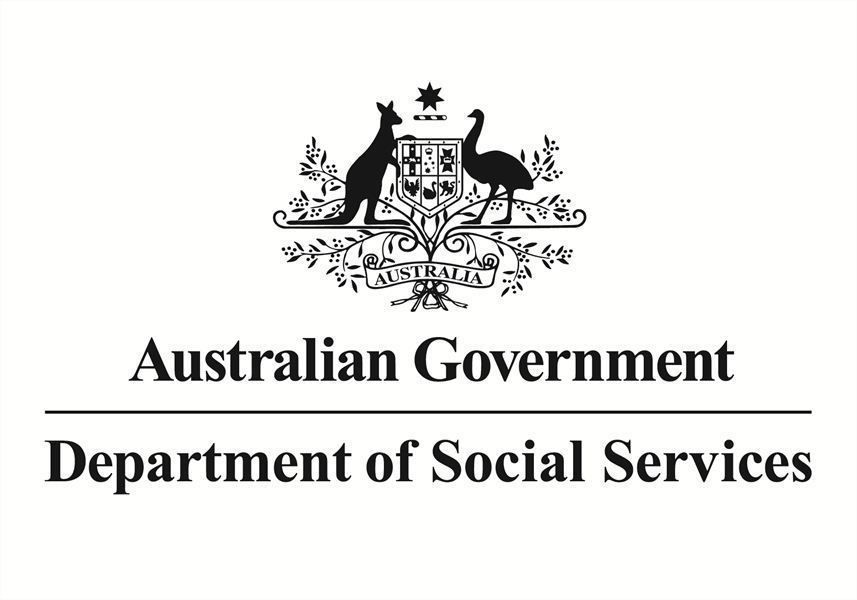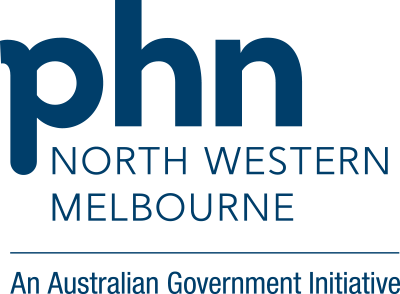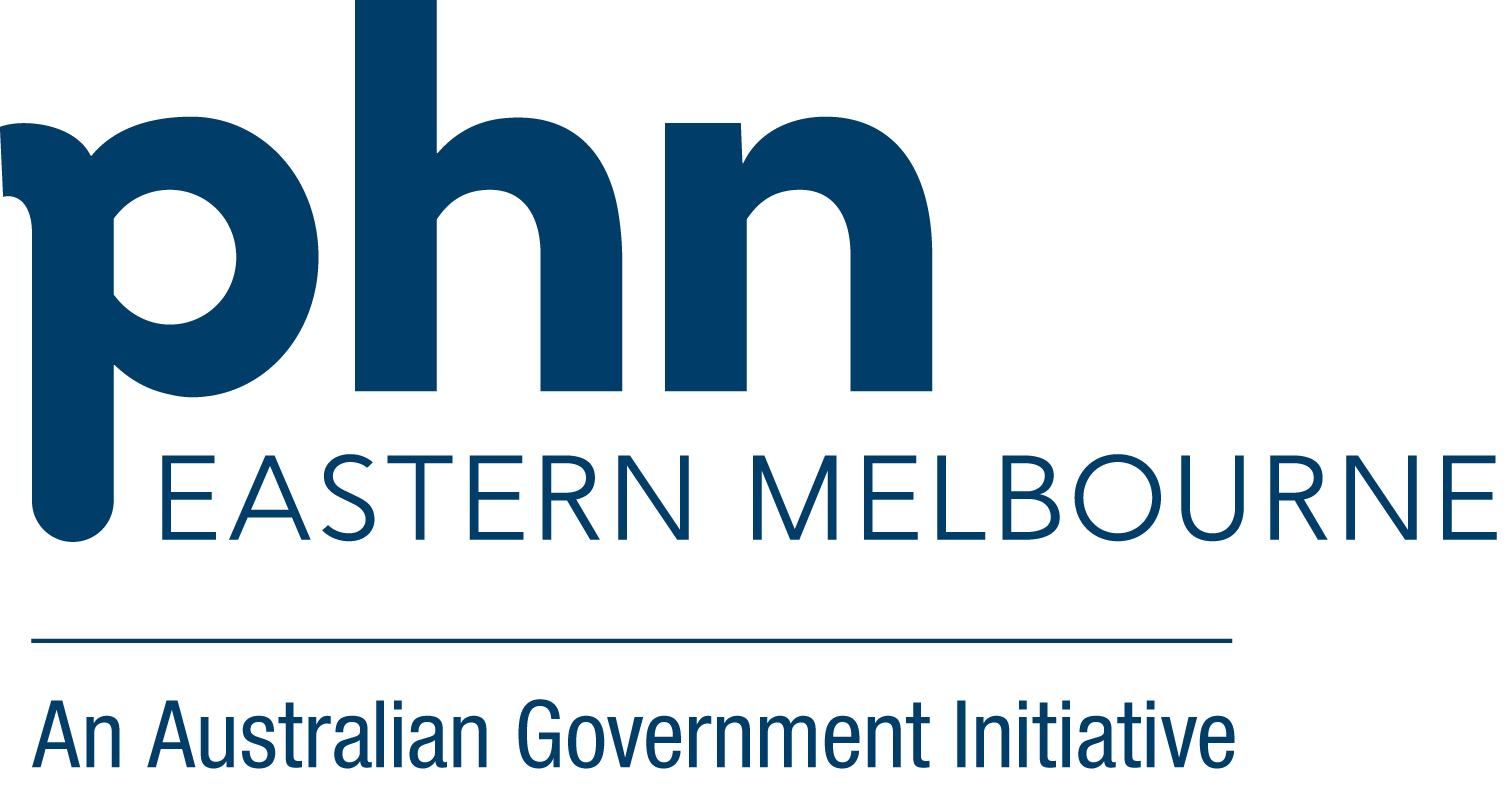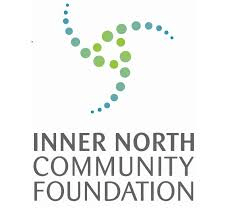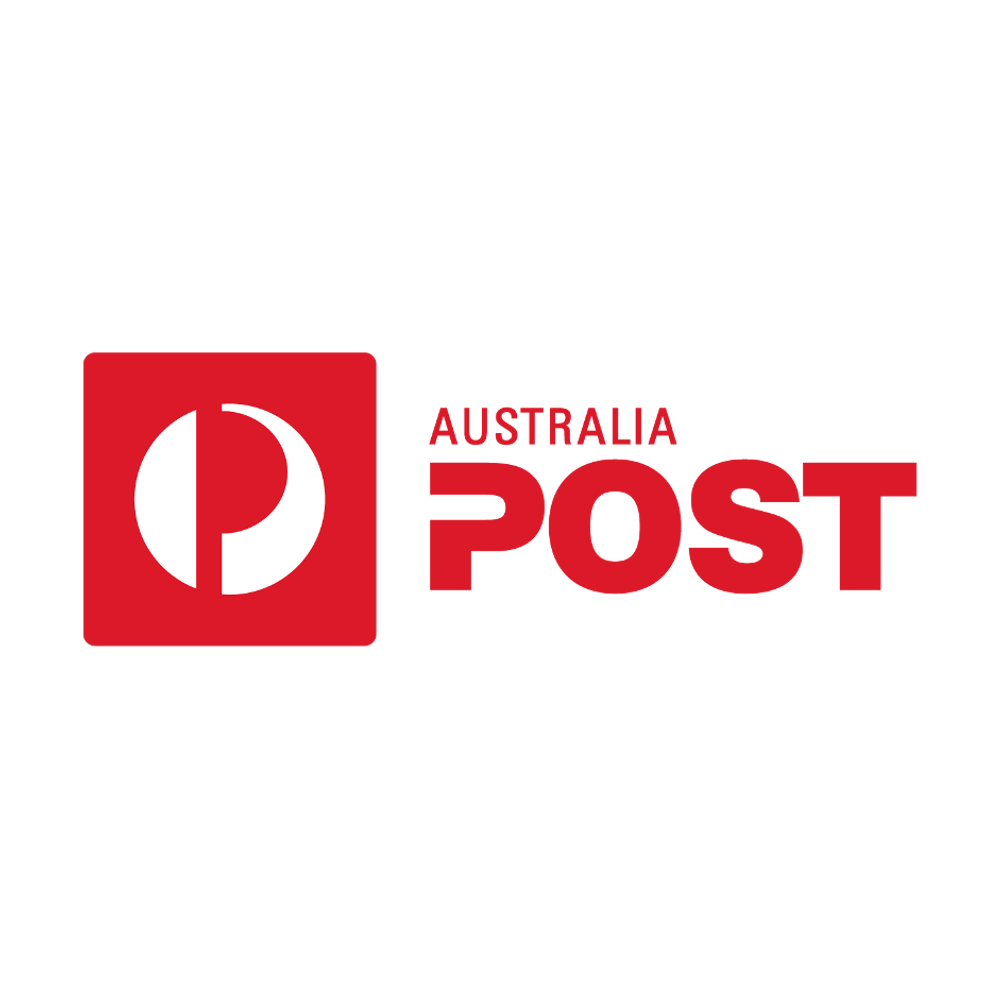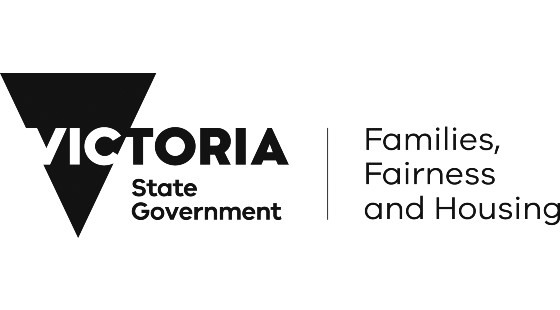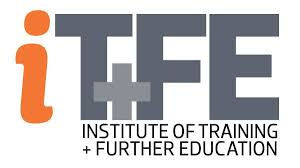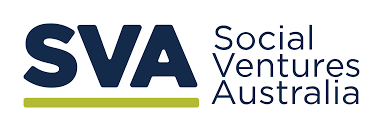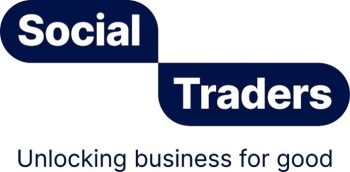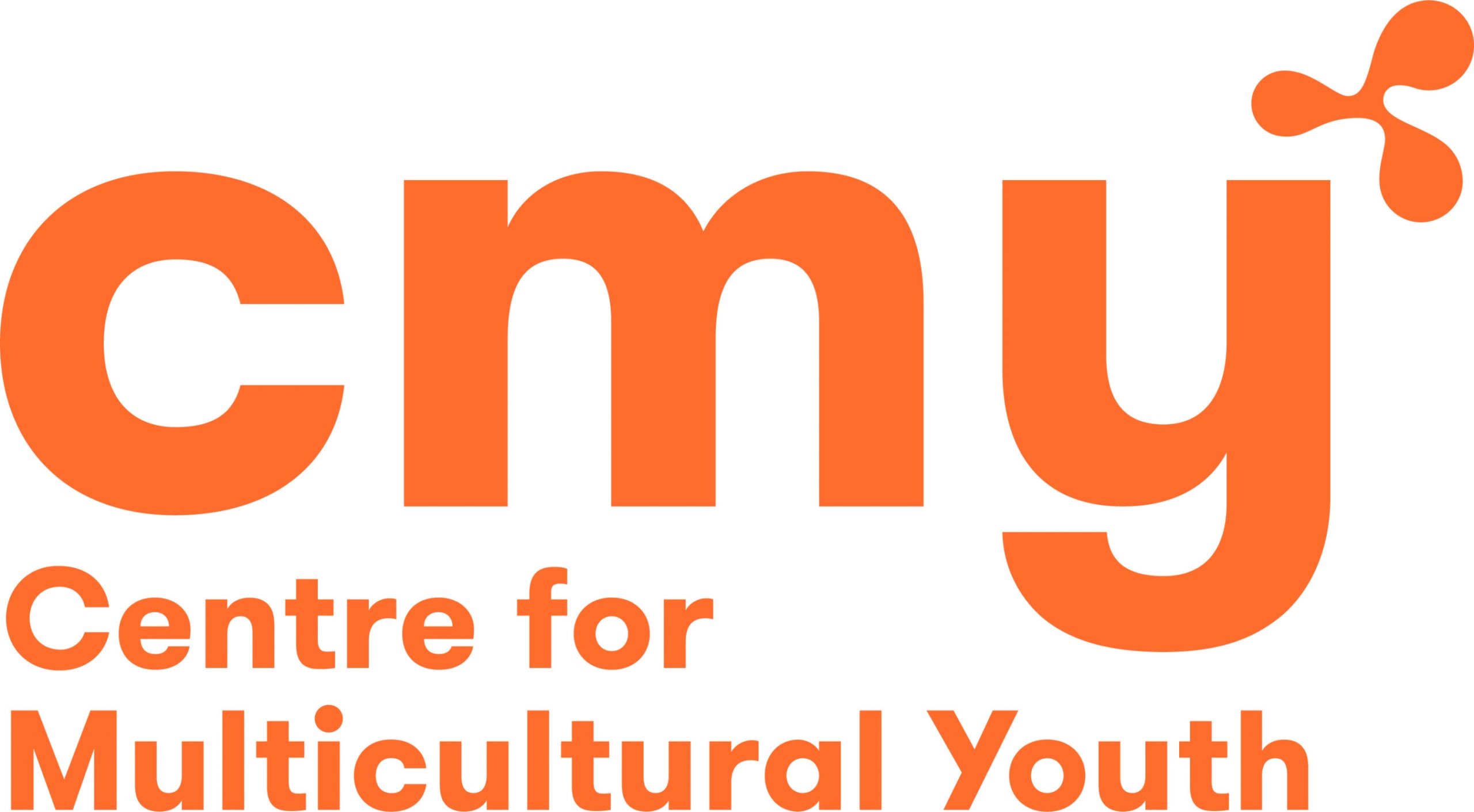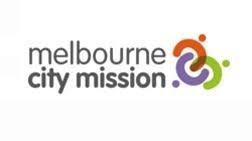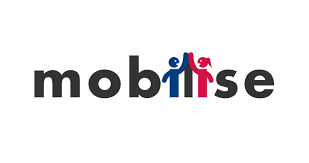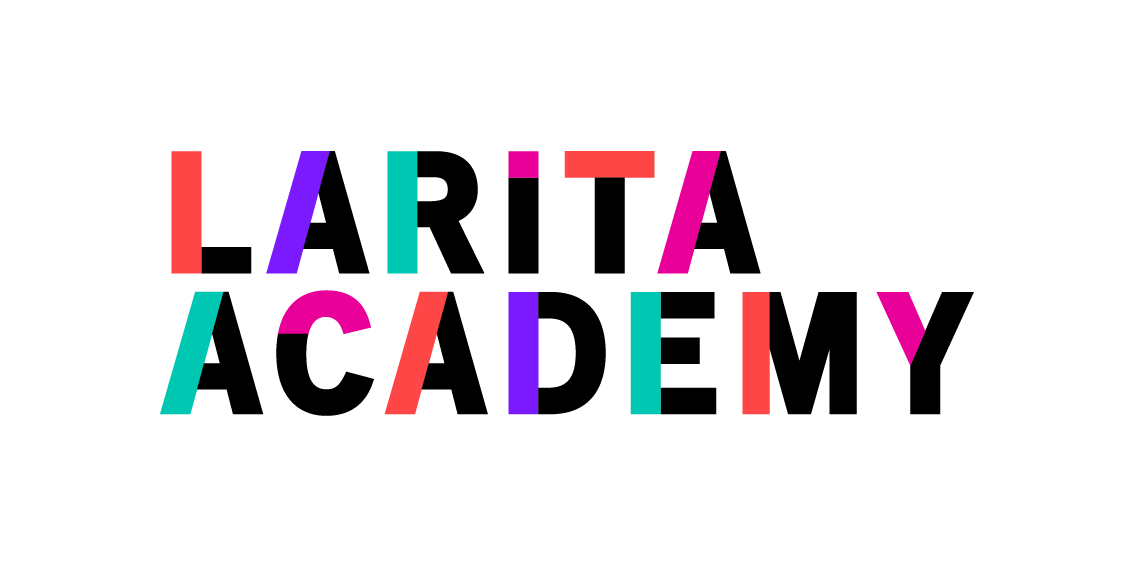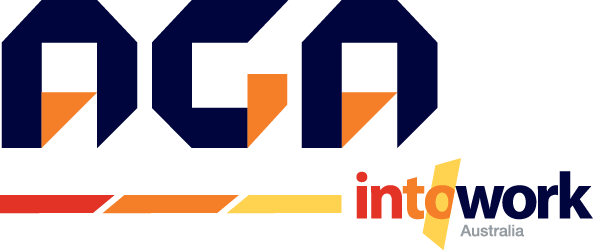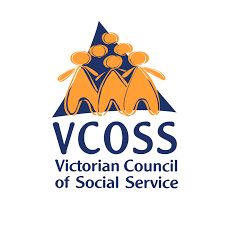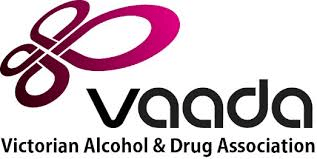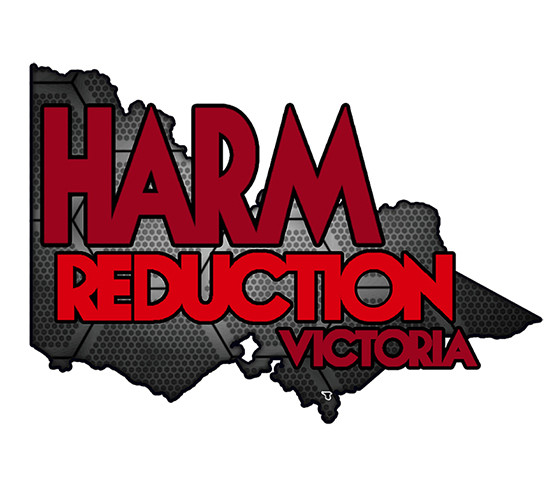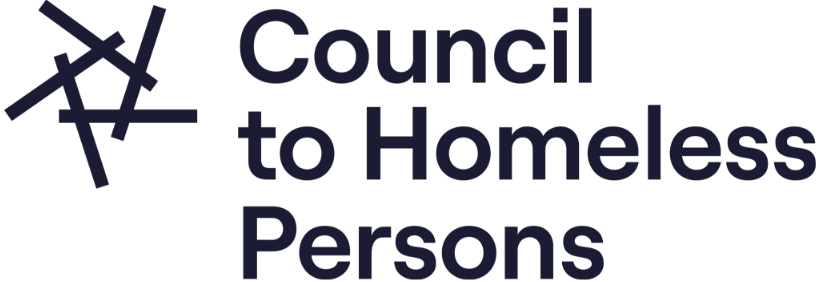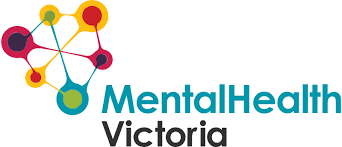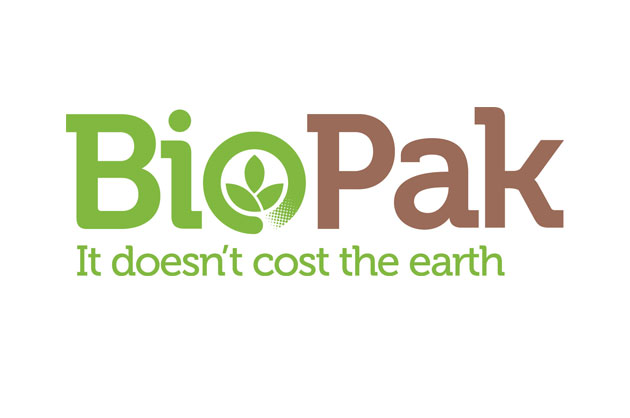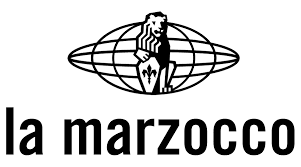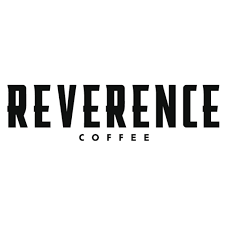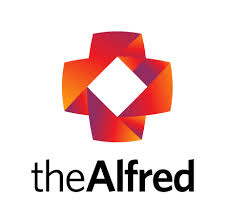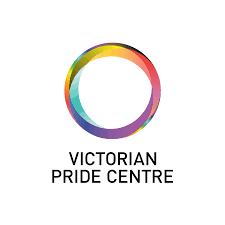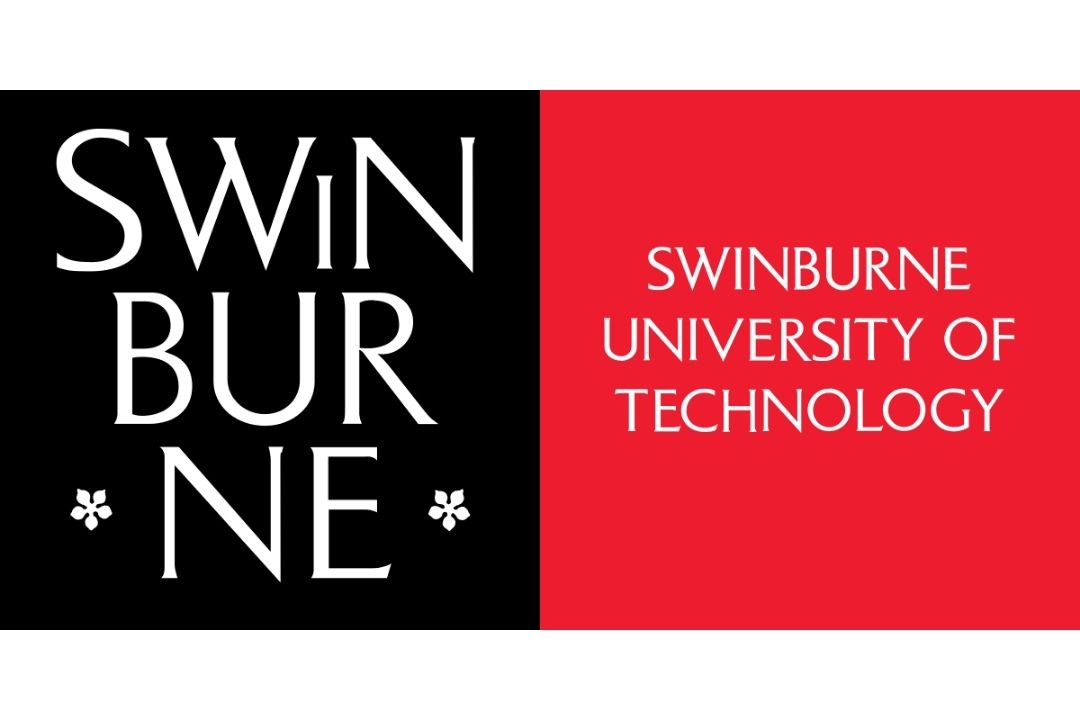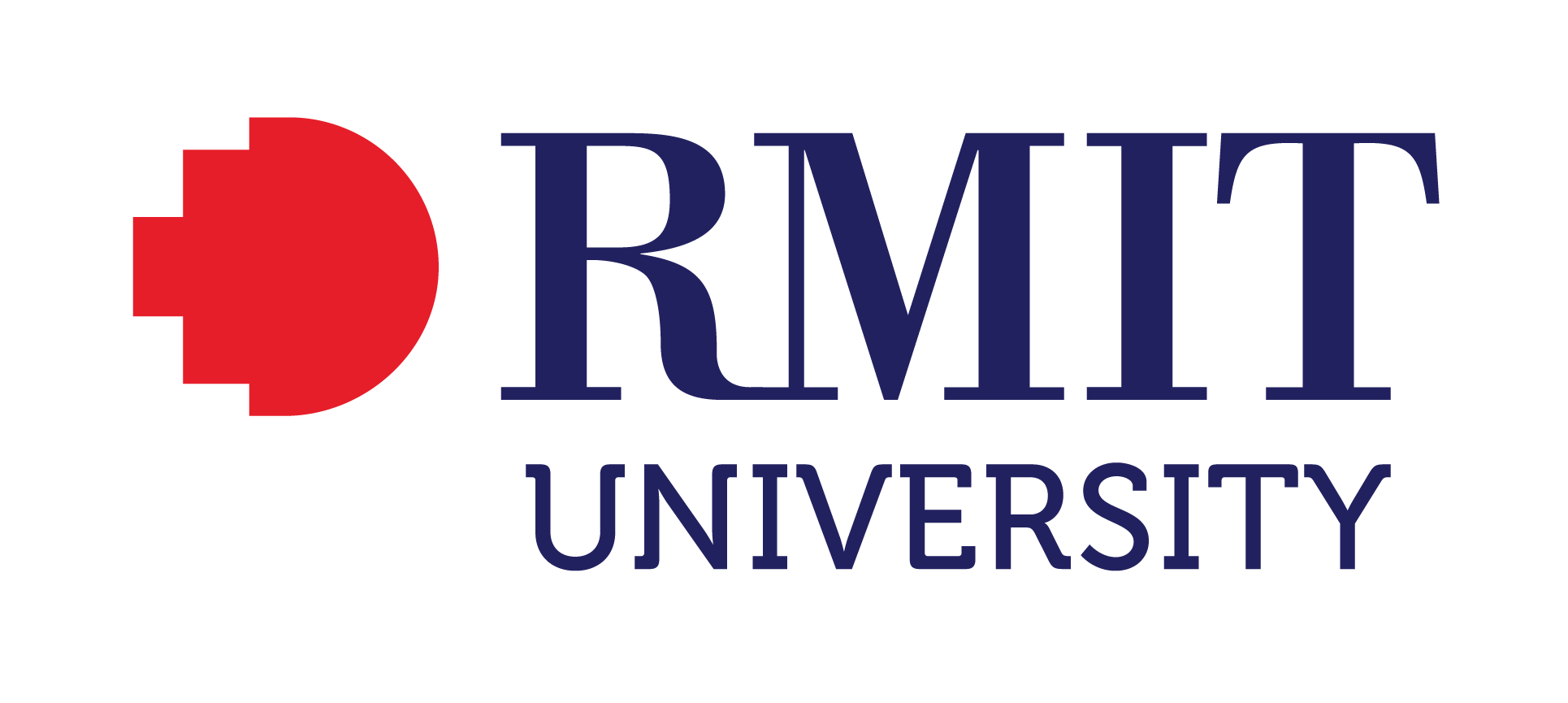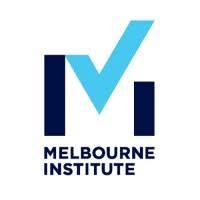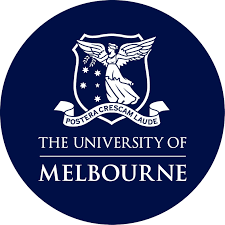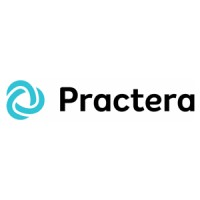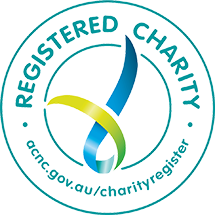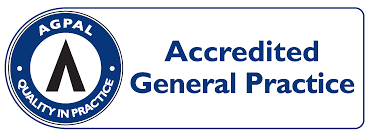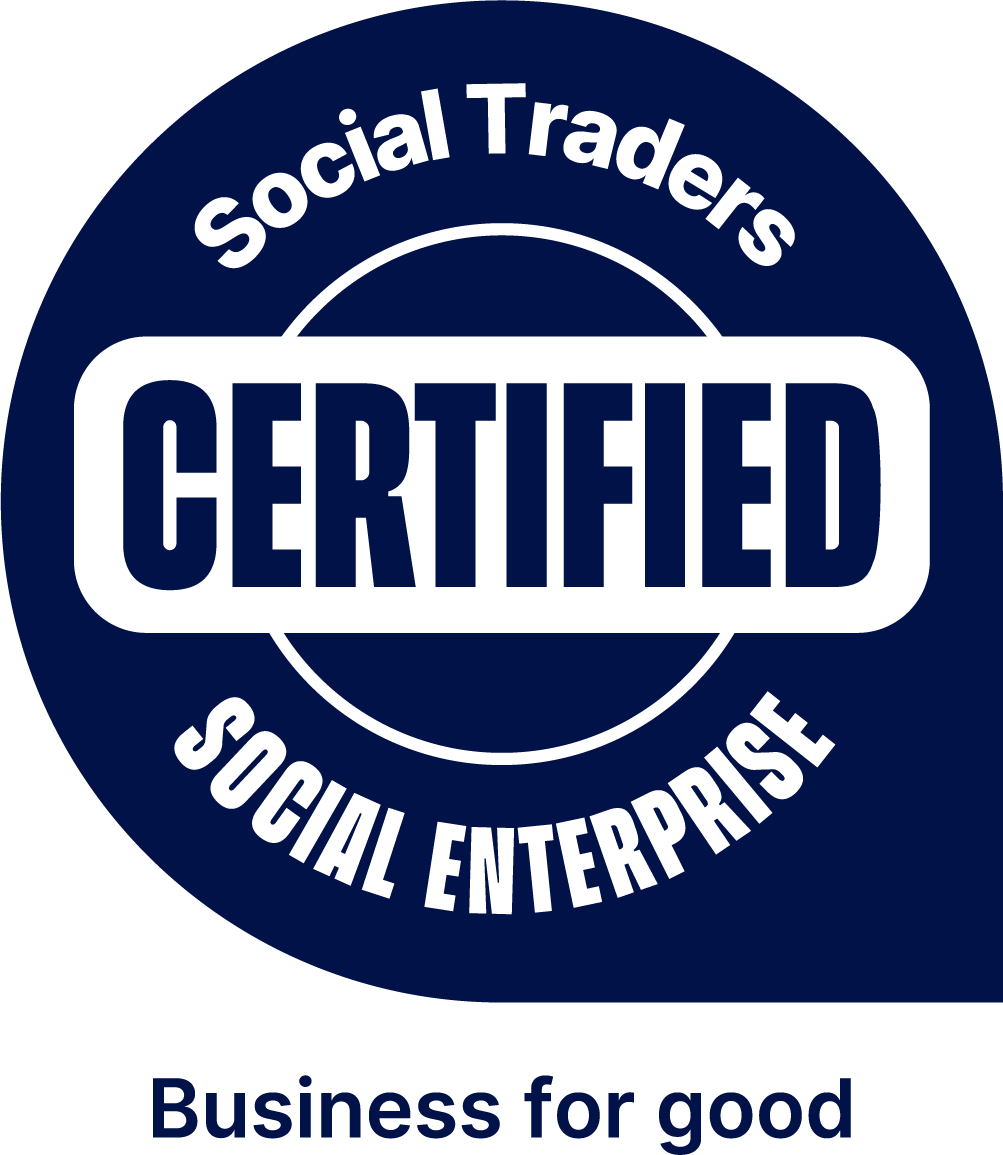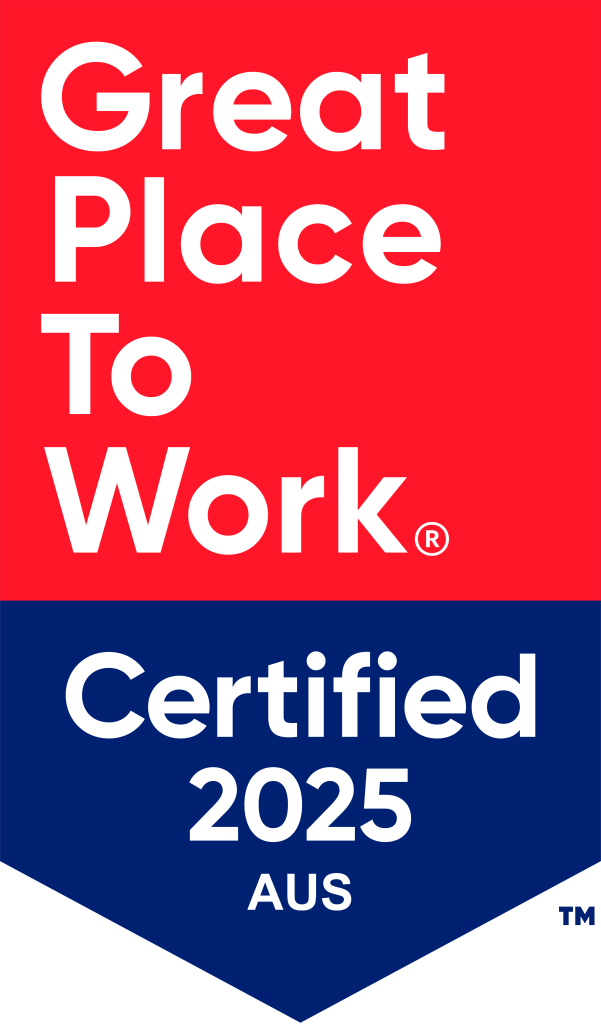A message from our Chief Changemakers
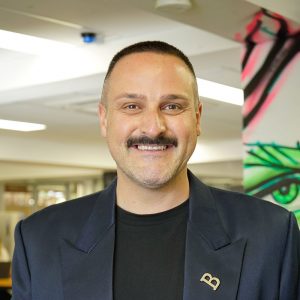
40 years of bold and courageous leadership. 40 years of high impact support, without judgement, full stop! 40 years of changing and saving lives. 40 years of breaking the chains and cycles of poverty and disadvantage. As we celebrate our 40th year of operation, I reflect back, and I think our first founders would be proud.
We have deliberately run at some of societies most wicked and complex problems. HIV/AIDS. Homelessness. Heroin overdoses. The global pandemic. Our mental health crisis. You name it, we’ve leant into it to get support to those that need it most.
You see, the key difference at Youth Projects is that we see the whole person, without judgement. We’ve always modelled our program impact on the social model of health, attempting to support young people and those experiencing homelessness through the social determinants of health and wellbeing.
We don’t just do what we’re funded to do. We see the whole person. It may not be easy, but it’s right. It is bittersweet to celebrating our success. To celebrate the number of episodes of care in mental health, primary health and homelessness, counselling sessions, proactive harm reduction and advocacy, is to also acknowledge that these challenges are not going anywhere. If anything, they are getting worse.
Our successful services would not be needed if for a whole of government, inter-departmental policy framework, void of silo
es. But alas, we are to remember, charity was born out of the failure of government. So, we stand up, we rise to meet the demands of today and plan for the challenges of tomorrow.We value lived and living experience and embed that into our workforce development strategy. Our staff are my heroes. When we put our staff first then they can put the clients’ best interests at heart by bringing their whole selves to work.
It is with immense pride that I get to be the CEO of this wonderful organisation. But I am only one cog in a very large wheel. I would like to thank our leadership team and our frontline warriors – our change makers – for giving us your best version of yourself day in and day out. And with gratitude, I thank the Chair and Board for their careful, considerate, professional, and innovative governance support. And last, but certainly not least, thank you to our clients. For allowing us into your worlds and doing the very best you can to be the best version of yourself you can be.
Here’s to another 40 years!
Ben Vasiliou, CEO
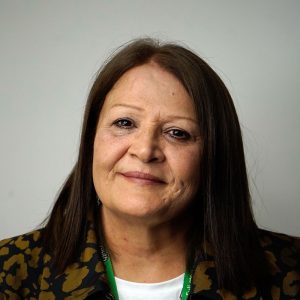
One statistic I want to note in this report is the lack of available housing for people battling homelessness. We have almost no referral options left to give people somewhere safe to go. The rise in rough sleeping also reveals people are becoming homeless younger and for longer. But homelessness is much more than just a bricks and mortar problem. Extensive research identifies who is most at risk and where those people come from. A much more significant effort is needed to end poverty if we want to end homelessness. Australia’s homelessness problem has poverty at its core. A secure job, skills, good health and confidence early in life intervenes forcefully in the growing pipeline of people too poor to pay rent or eat. Without addressing the interplay between homelessness, illness, domestic and family violence and locational disadvantage, many more people will be living homeless than social housing will ever house. The promise governments make to build housing is already barely 10% of current need and a decade away. Meanwhile at the coalface, our team is achieving astounding results in a deteriorating situation.
Our performance in this Impact Report shows the gravity of the problem but importantly, that such outcomes are preventable. Our teams in every program have excelled in fighting back, in turning lives around, every single day. Our contribution to community wellbeing cannot be underestimated, in every municipality and every neighbourhood. With kindness, respect and dignity Youth Projects is significantly returning to the community on multiple levels the invest made in us. As we mark our 40th year, our founding principles remain true: courageous, influential solutions that genuinely will make a difference for those with no one else in their corner. I thank the whole team, our Chief Executive and my talented and committed colleagues who serve with me on the board: The Hon. Monica Gould, Mark van Miltenburg, Srinath Susarla and our newest member, Tim Griffin.
Melanie Raymond OAM, Chair, Board of Directors

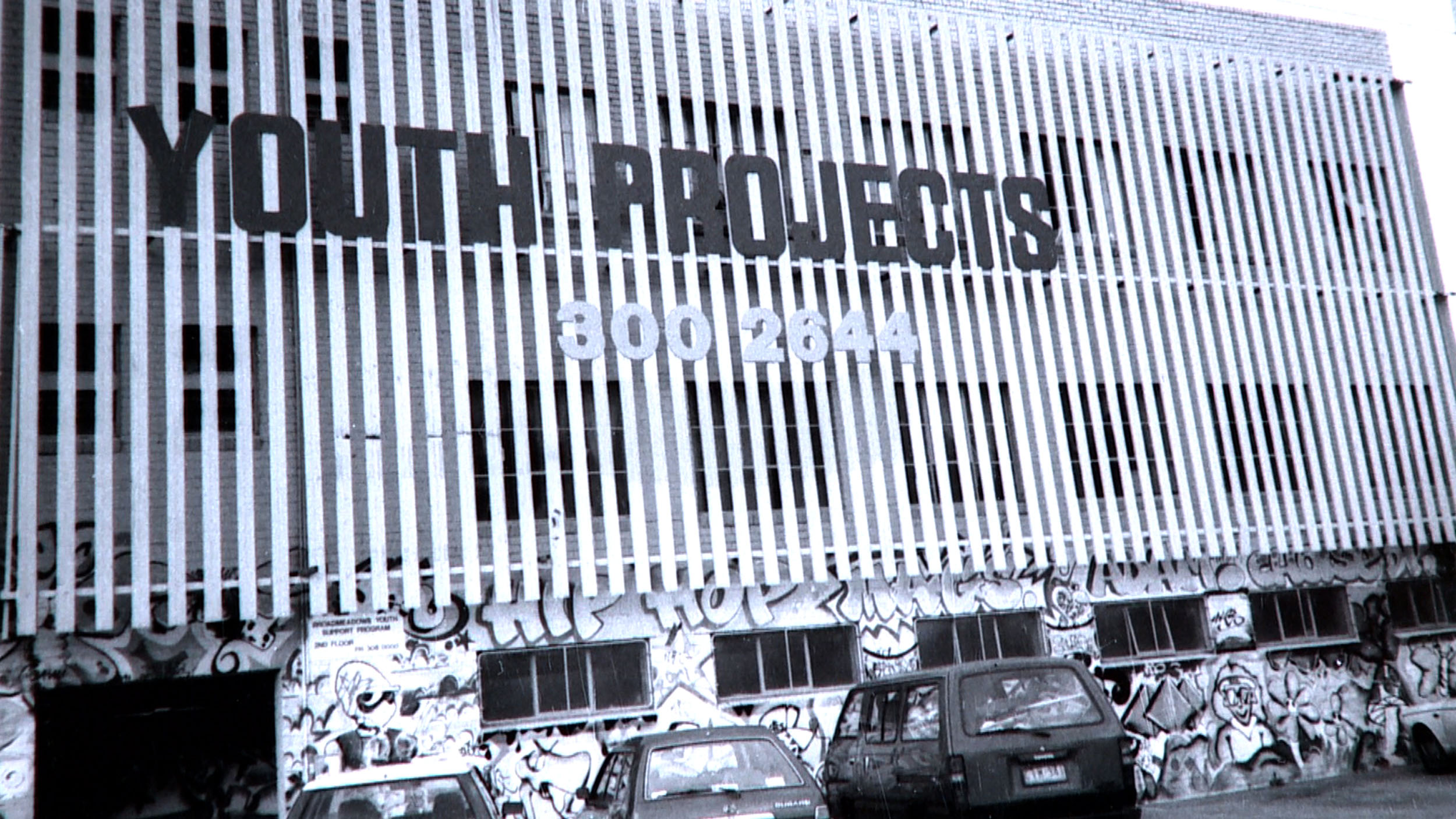
Celebrating 40 years of impact
For 40 years, Youth Projects has been a lifeline for young people and people experiencing homelessness, poor mental health, unemployment, alcohol and other drug use and varying levels of disadvantage and poverty. Since day one, we’ve recognised that each person’s needs are unique and complex. That’s why we go the extra mile every single day of the year, working tirelessly to create pathways out of poverty. We see the whole person and meet them exactly where they are.
We have spent four decades refining our approach to combine upstream, preventative measures with tailored, crisis-specific responses, allowing us to tackle disadvantage from every angle. We’ve deepened our understanding of poverty’s root causes and employed self-determination and trauma-informed practices. But four decades on, this commitment has allowed us to effectively support individuals who have fallen through the cracks of the traditional systems, staying true to our mission through the changing times.
40 Years

Approximately
supported by Youth Projects in our 40 years*
Despite the growing challenges faced by those we support, we remain endlessly optimistic, innovative and committed to our high-impact support model.
1984
In Melbourne’s north-western suburbs, home to a vibrant Mediterranean and Easten European migrant community, rising youth unemployment surges as local manufacturers close. There are changes to support systems for unemployment and those without jobs are struggling. In response to this growing challenge, the Broadmeadows Taskforce is launched by Premier John Cain, marking the beginning of what will later become Broadmeadows Youth Projects.
1985
A devastating fire temporarily shuts down all programs. A public appeal sparks the revival of Youth Projects, and the newly rebuilt facility is inaugurated by (then) Prince Charles III and Diana, Princess of Wales, during their official tour of Australia, marking a significant milestone in our recovery and renewal.
1985
Youth Projects launches its first Drug and Alcohol Counselling, Assessment and Referral Unit, becoming the first in the north-western suburbs and the only service in Melbourne dedicated specifically to addressing adolescent drug and alcohol issues.
1987
Australia launches a national AIDS education campaign (with its striking Grim Reaper imagery) and effectively raises awareness and ignites conversations about the AIDS epidemic. Unlike the abstinence-driven approaches of many countries, Australia embraces a prevention model. Youth Projects is instrumental in this strategy, running a Needle Syringe Program (NSP) and creating educational materials to help the local community prevent blood-borne viruses and other transmissible diseases.
1990
The North West Outreach Service (a Needle Syringe Program) opens its doors, providing free, confidential, and non-judgemental access to clean injecting equipment, condoms, lubricants, and referral services. This includes both in-house support at Glenroy HQ and mobile outreach across Broadmeadows, Brunswick and Coburg. Analysis of 1991-1992 data shows that Victorian injecting drug users have the lowest HIV/AIDS infection rates in Australia, highlighting the success of Youth Project’s Needle Syringe Program.
2001
Initially starting with a nurse and a social worker in a small office in the Baptist Church on Collins St, The Living Room opens its doors to the public on Hosier Lane. It is the first of its kind, offering free healthcare and support to improve the physical, mental, and social well-being of individuals who are, or are at risk of experiencing homelessness.
2002
A dynamic partnership is formed between CoAct and Youth Projects, dedicated to assisting job seekers and linking people with their community. This collaboration drives our effective pre-employment and Transition to Work services for young people who are disconnected from school and work. We were awarded the contract to deliver Job Services Australia, and we continue our success to this day with our Transition to Work and Disability Employment Services programs.
2014
Ahead of the game, we launch our first social enterprise, Good to Go, offering hospitality training to young people and helping them secure employment. This initiative not only empowers youth, but also supports our vital, albeit chronically underfunded, homelessness services, creating sustainable impact on both fronts.
2020
The COVID-19 pandemic brings the world to a standstill, but we know closing our doors is not an option. Instead, we expand our services to reach every corner of Melbourne and its suburbs. We became the main intake and point of care for homeless folk during the pandemic. From supporting the homeless through hotel programs to delivering telehealth services to disconnected young people, our response stays both swift and effective. Our success catches the attention of the Federal Government, who call on us to extend our Youth Hubs into Melbourne’s western suburbs.
2020
The Little Social, our cafe and work integration social enterprise is established. The Little Social provides hands-on skills development and mentoring from industry experts so that each young person has a platform to build their self-confidence, gain key employability skills, and genuine work experience in a supportive and judgement-free environment. Oh, and of course, the coffee is delicious.
2022
Youth Projects launch three state-of-the-art Youth Hubs in Western Melbourne, co-designed with young people to ensure they genuinely reflect their needs and aspirations. Our hubs address employment challenges by providing tailored job support and training, while fostering social connectedness to build a strong community where young people thrive. These Hubs serve as a safe haven for mental health support, promoting wellbeing and resilience, offering solutions to food insecurity with nutritious meals and resources, empowering young people to help themselves and enhance their quality of life.
2024
With over 170 dedicated staff, Youth Projects now supports 5,000+ young people and those experiencing homelessness per year through our six hubs and co-located sites across Melbourne. Our social enterprise thrives with The Little Social cafes and catering operating out of the Alfred Hospital and the Victorian Pride Centre, with two new locations set to open in early 2025. And we’re just getting started… CLICK TO LOOK INTO THE FUTURE
*Disclaimer: as many services that Youth Projects provide are confidential due to the vulnerability of our clients, we have had to approximate this number based on previous data and an average yearly increase.
*Disclaimer: as many services that Youth Projects provide are confidential due to the vulnerability of our clients, we have had to approximate this number based on previous data and an average yearly increase.
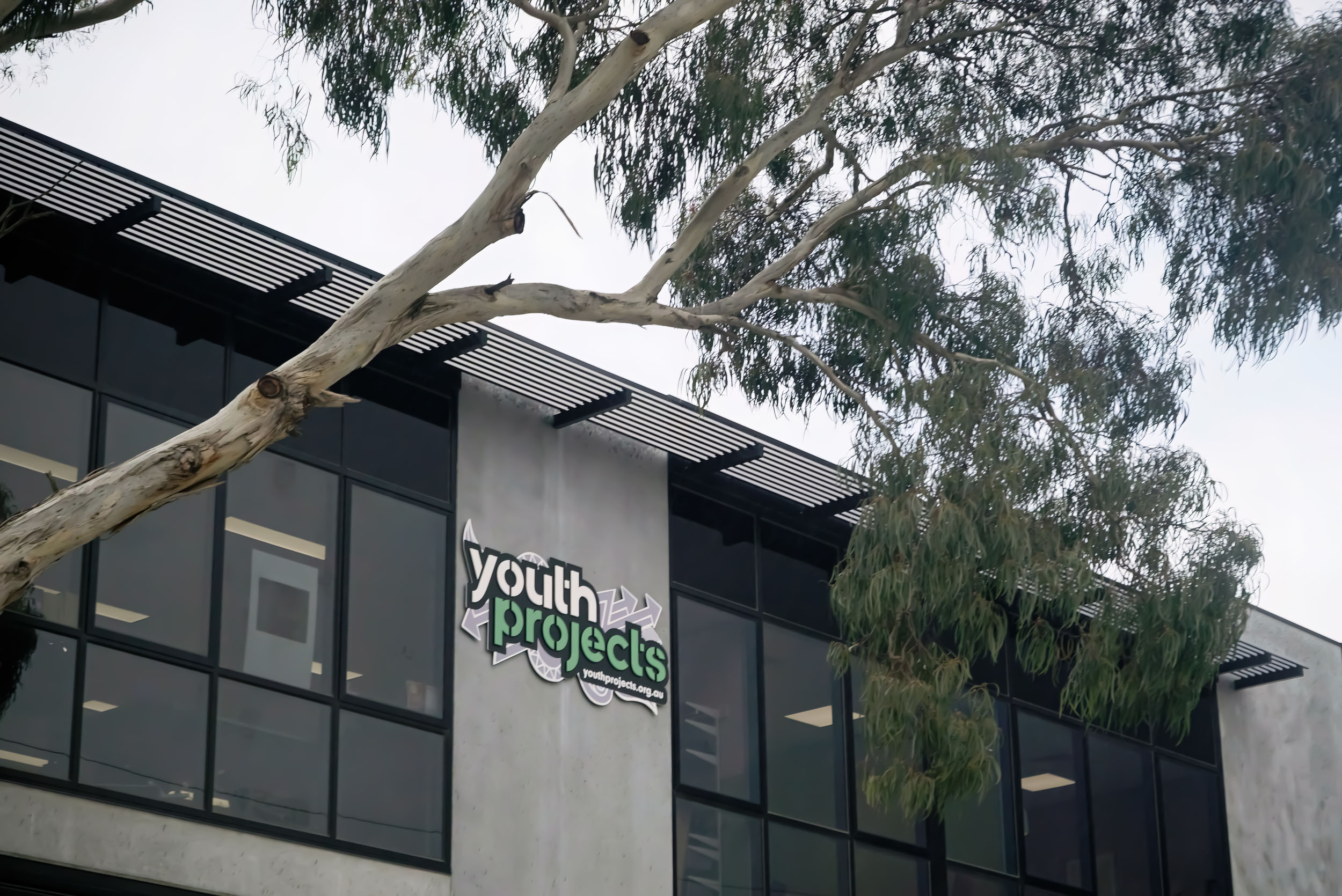
It’s been a big year for Youth Projects
2024 Snapshot
Making our biggest impact to date in terms of our economic and social participation, we are reaching more young people than ever before and supporting them to find long-term and meaningful employment and education pathways. To manage the demand for our services and allow us to reach even more young people, we opened a new Youth Hub in St Albans, a new co-location in Maddingley, and a new mini Youth Hub in Point Cook.
Innovation has been a cornerstone of our approach, introducing the Healthcare Career Jumpstart Program in collaboration with AGA and Institute of Training and Further Education. This program provides young people with a gateway into healthcare careers through education, mentorship, training and hands-on experience. We successfully completed the Priority Workforce Program and were re-funded for our Here4Hospitality program, further cementing our role as leader in youth employment initiatives.
Our partnership with charity partner We Are Mobilise, saw over $100,000 distributed directly to our young people via the Mobilised Matched program, providing immediate and impactful support to those who need it most.
Over at The Little Social, we created a new revenue stream by opening our external catering services, which has created more job opportunities for young people in back-of-house hospitality roles. Meanwhile, The Little Social café continues to expand, currently operating at the Victorian Pride Centre and The Alfred Hospital, with more locations on the horizon. We continue to grow our partnerships, like La Marzocco who have continued to support us by donating coffee machines and other equipment which helps us to train young people and give them a step up into the hospitality industry.
This year, Youth Projects put a huge focus on Mental Health across all of our programs. With Outreach and Counselling, to Mental Health crisis support and interventions, we even secured a grant from Lady Gaga’s Born This Way Foundation to introduce a full time mental health support worker to our Youth Outreach Team.
We launched our Queer Psychosocial Outreach Program, funded by the Department of Health, that aims at providing essential support to LGBTIQA+ youth, specifically those with varying abilities such as autism, ADHD and psychosocial challenges in Melbourne’s western suburbs.
The Living Room continues to provide a unique service yet is facing a huge increase in traffic. This highlights our clients ongoing difficulties including the shortage of suitable housing options and the urgent need for more accessible crisis accommodation.
Youth Projects is expanding its partnership with Melbourne City Mission to enhance early intervention strategies for young people in our community. Together, we address the complex challenges youth face by providing comprehensive support, including employment services, mental health resources, housing assistance, and life skills training.
We provide high impact support, without judgement, full stop.
We believe in seeing the whole person. We consider the social determinants of health and wellbeing and provide a holistic and connected model of care. Across six domains of service, our programs and services are continuously guided by a comprehensive outcomes and impact framework focussed on five core goals.
Through judgement-free services and a holistic model of care, we are opening pathways out of poverty and homelessness - breaking the cycle of disadvantage.
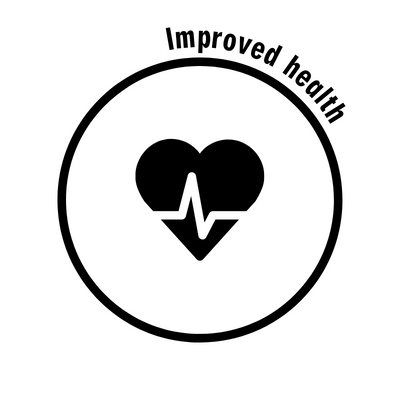
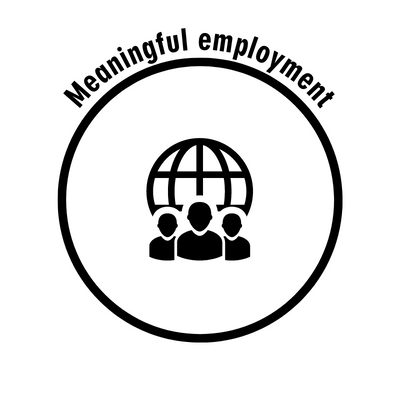
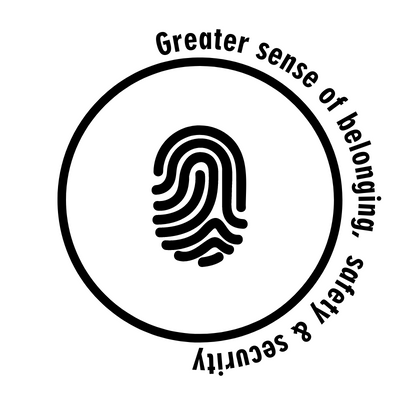
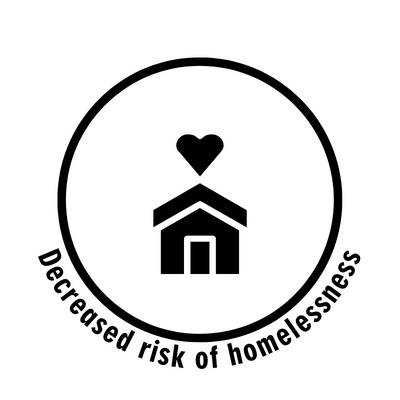
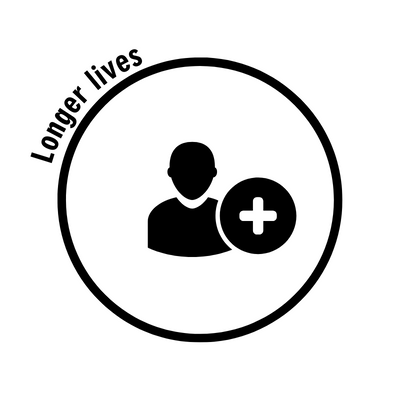
Our People
365 days a year, our frontline warriors are dedicated to smashing the cycle of disadvantage. By embracing talent with lived experience, we foster an empathetic and insightful environment that meets the diverse needs of those we serve. So, it’s no surprise that we’ve been independently certified as a Great Place to Work three years running. Our people get it.
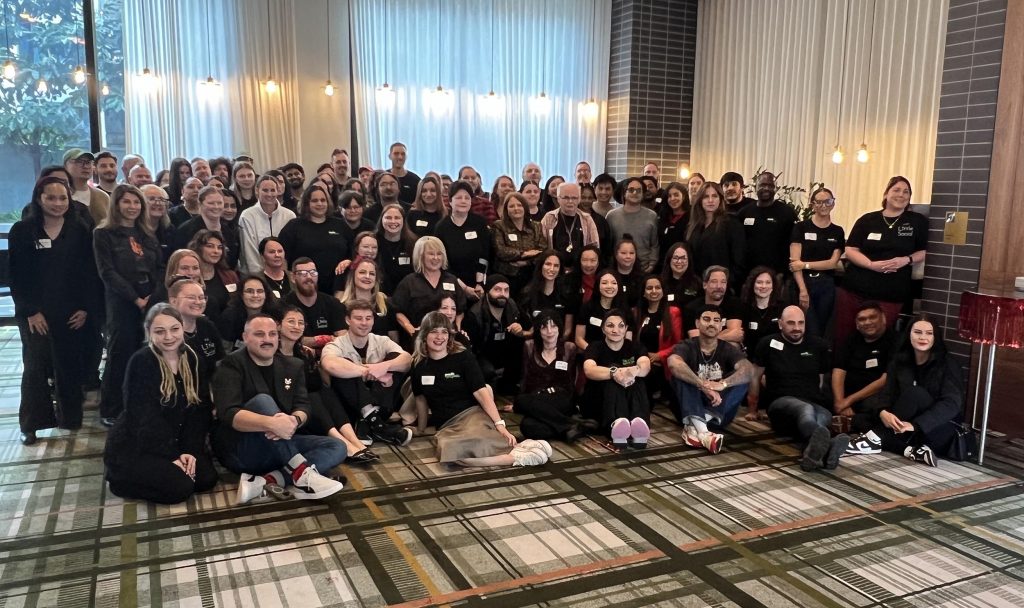
A key factor that makes YP a great place to work is the strong and positive culture, which is deeply embedded throughout the company and driven by leadership at the highest level.
Youth Projects stands out for its innovative programs, and its strong culture of collaboration, where teamwork and support are key. It makes a meaningful social impact through its work with youth homelessness and justice services, while fostering strong community ties with local partners. Employees are empowered to grow professionally through leadership opportunities, making it a rewarding and fulfilling place to work.
The opportunity to grow within the company, and the trust the organisation has put on me, encourages me to deliver my best, professionally and personally
OF YP EMPLOYEES HAVE LIVED OR LIVING EXPERIENCE IN OUR SERVICE DOMAINS
OF NEW EMPLOYEES FEEL LIKE A VALUED PART OF THE YP COMMUNITY
OF YP EMPLOYEES IDENTIFY AS LIVING WITH A DISABILITY
OF YP EMPLOYEES IDENTIFY AS LGBTQI+
OF YP EMPLOYEES BELIEVE PEOPLE ARE TREATED FAIRLY REGARDLESS OF THEIR RACE, AGE, GENDER OR SEXUAL ORIENTATION
OF EMPLOYEES BELIEVE THAT MANAGEMENT RECOGNISES HONEST MISTAKES AS A PART OF DOING BUSINESS
OF LEADERSHIP ROLES FILLED THROUGH INTERNAL PROMOTION
GROWTH IN HEADCOUNT AND OUR RE-CERTIFICATION AS A GREAT PLACE TO WORK
Prevention and Early Intervention
Building Fences
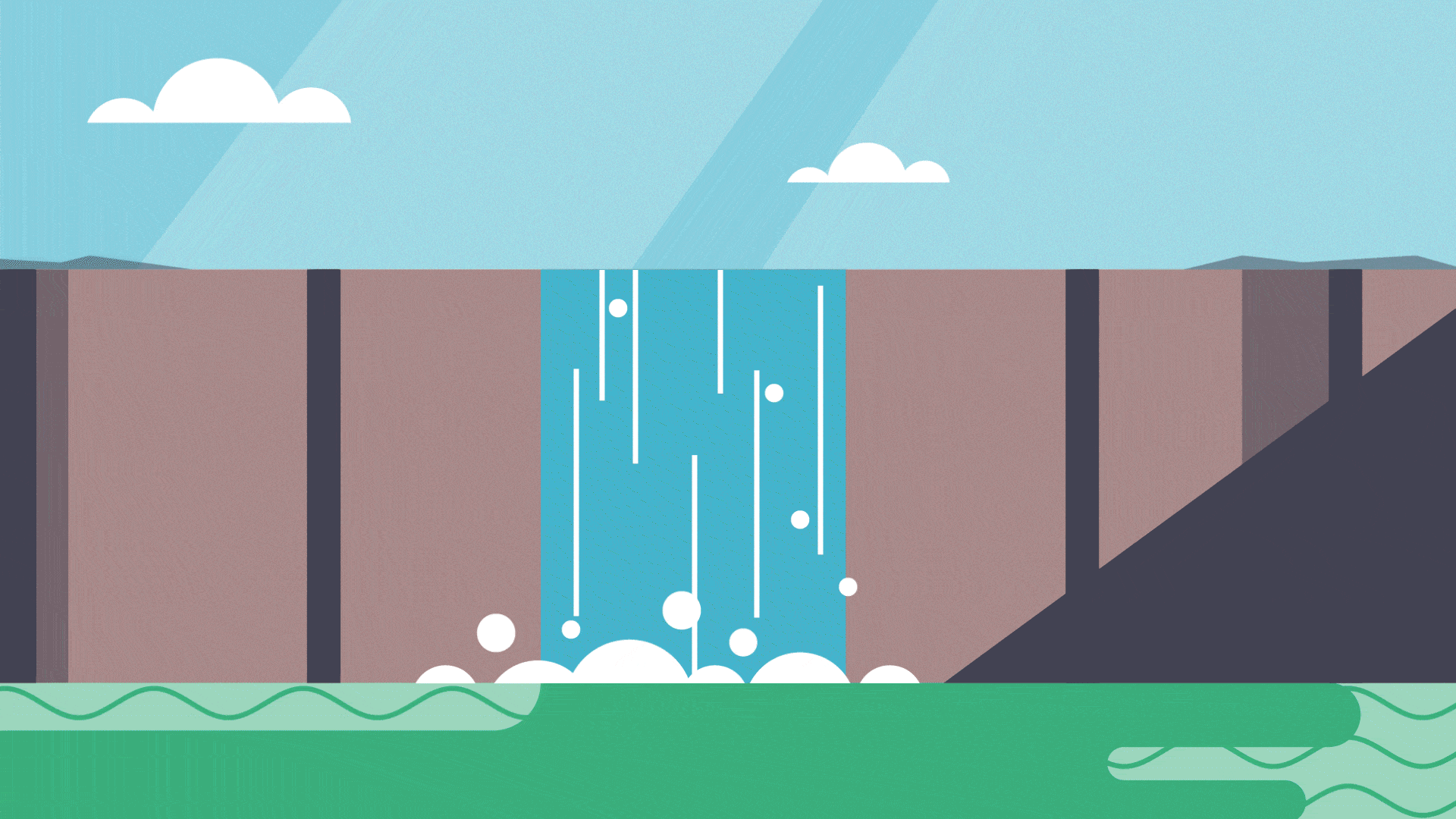
We believe in the power of Prevention and Early Intervention as our proactive strategy to tackle poverty and disadvantage. Think of it like building a sturdy fence at the top of a cliff. By focusing on preventing people falling into the depths of hardship, we ensure they’re safeguarded before they even get close to the edge.
Prevention is about creating opportunities and support systems that stop issues from escalating, whilst Early Intervention is like catching someone before they fall off the edge and hit rock bottom. By providing support before challenges become overwhelming, we help individuals build resilience and navigate life’s obstacles more effectively.
Our approach stops young people from slipping into deeper cycles of poverty and disadvantage. Investing in these strategies means fewer people need to be rescued from the brink, leading to a stronger, healthier community where everyone has the chance to thrive.
Jobs and Skills
Tackling Youth Unemployment in Western Melbourne
Build it, and they will come. And come they did! After a successful expansion into Melbourne’s West in 2022, we’ve seen record numbers of young people accessing our services. Disconnection from school and youth unemployment in Australia is incredibly high, with the current unemployment rate at 9.5%, more than double the national average of 4.1%, with 20% of job-seeking young people being classified as long-term unemployed. Over the past decade, youth wages have stagnated, exacerbating cycles of poverty, homelessness, and mental health conditions.
In Western Melbourne in particular, youth unemployment has risen to 11.5% with the general unemployment rate increasing by 1.6 percentage points, highlighting the tough job market out west.
As the sole Transition to Work provider in western Melbourne, our program is now more crucial than ever. We’re addressing these challenges by focusing on high-growth industries like Healthcare and Transport/Warehousing, offering tailored pre-employment programs, and partnering with education providers and employers to meet labour market demands. Despite a 25.5% drop in online job ads, our efforts help mitigate the rise in youth unemployment, underscoring the critical need for our services.
But we go beyond just job placements; we see the whole person. What sets us apart from other services is that we also offer food, clothing, transportation assistance, mental health support and help them build confidence and self-esteem and help them to navigate the service system.






Personalised Employment Support for Young People Living with Disability
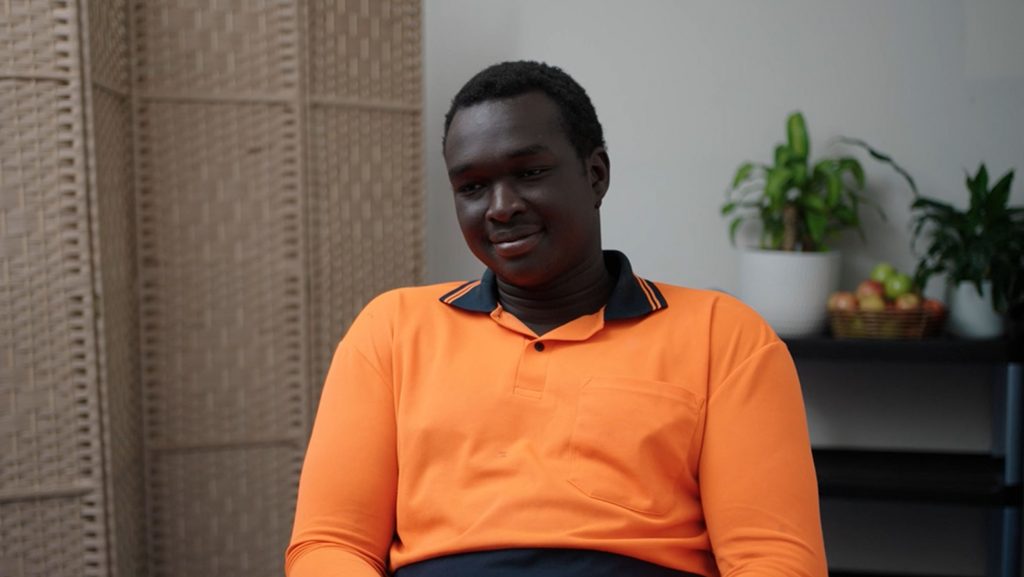
Long-term unemployment has doubled in the past two years, with notable increase amongst those living with disabilities. With a focus on supporting young people living with disability into employment and education, we recognise that a one-size-fits-all approach is inadequate. That’s why we offer our participants a customised and personalised plan to support their journey to employment, no matter what their barriers may be.
Unlocking potential with innovative pre-employment programs
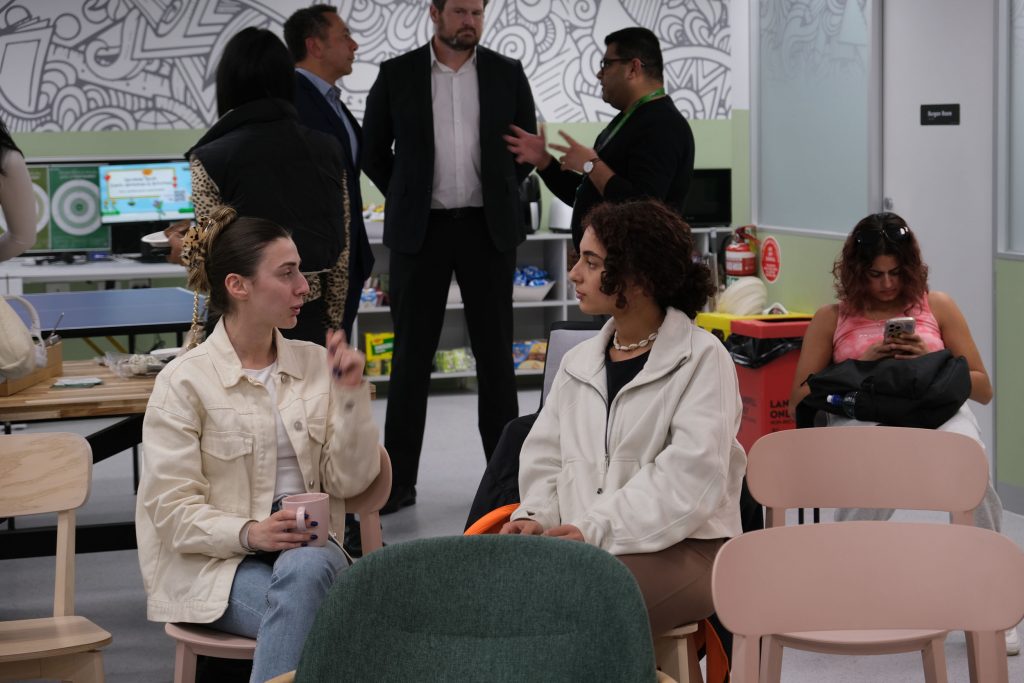
Priority Workforce Project
in collaboration with Wyndham City Council and Opportunity Wyndham, and funded by the State Government, targets workforce needs in Wyndham by focusing on high-demand sectors like Agriculture, Healthcare and Warehousing. These industries are vital to the local economy and require skilled workers. The initiative aims to create sustainable employment for local residents while addressing skill shortages. We connect young job seekers with tailored training and employment pathways, providing pre-employment training and supported 75 people to secure permanent part-time jobs. We support this by offering post-placement assistance, industry mentoring, and case management, ensuring participants are well-prepared and supported in their roles, all the while fostering a sustainable workforce in Wyndham
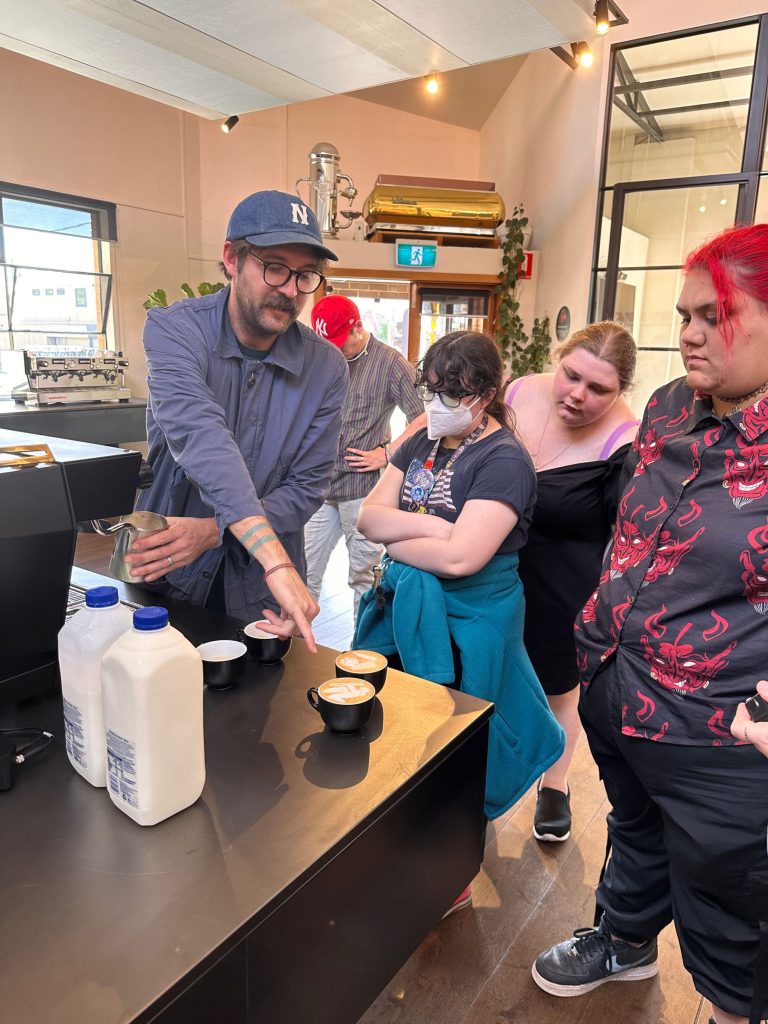
Here4Hospitality
continues to thrive in its maturity, growing from 54 clients in July to 90 by June 2024. This expansion highlights our growing impact in the hospitality sector, providing essential training and job opportunities to young people. 77 young people participated in the program during the funding contract with 83% of the participants transitioning into sustainable employment or education post-program. 67% of young people reported a positive change in their capacity to access the labour market with 53% of the participants reported a positive change in their confidence to find work and retain employment.
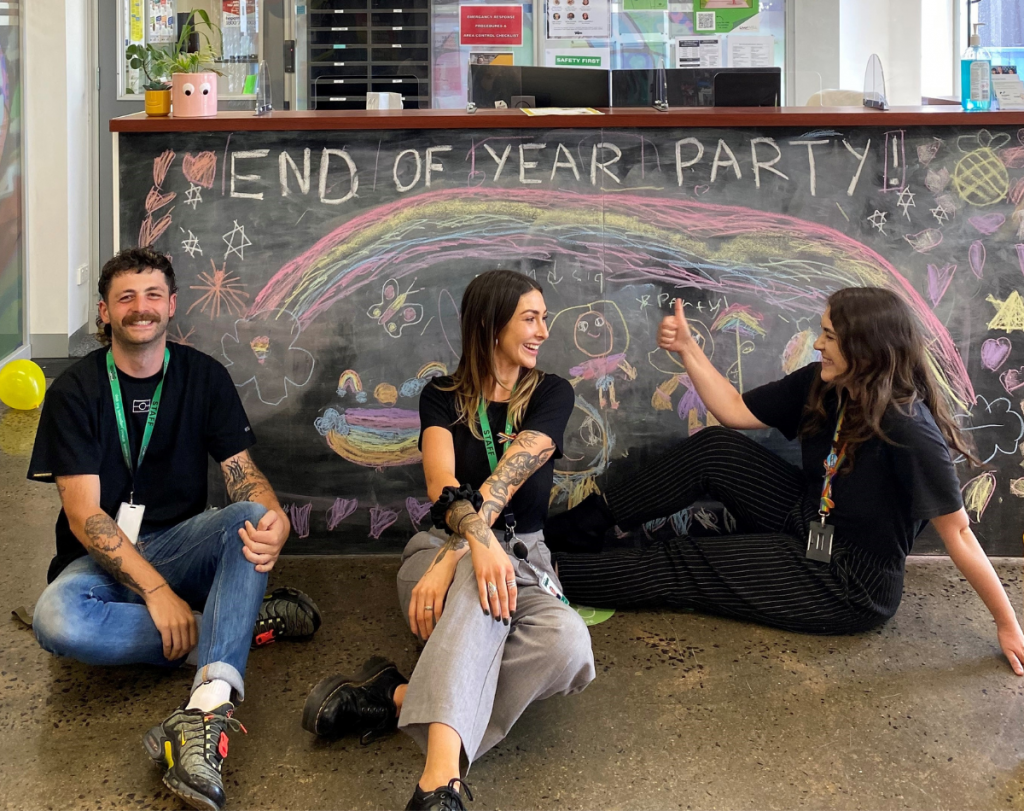
Healthcare Career Jumpstart
Launched this year, our Local Jobs Recovery Program Healthcare Career Jumpstart targets disadvantaged young people, offering life-changing opportunities through skill development and personalised support. The program equips unemployed young people with the skills, attitudes and insights needed to meet employer needs and thrive in the healthcare sector.
It was such a positive environment;
All the people involved in making the program are amazing… the trainers offer so much support and guidance for everyone attending the program. I have finally found an industry I want to work in and have gained so much confidence in myself. I also met so many amazing people and have made some lifelong friends.
H4H Participant
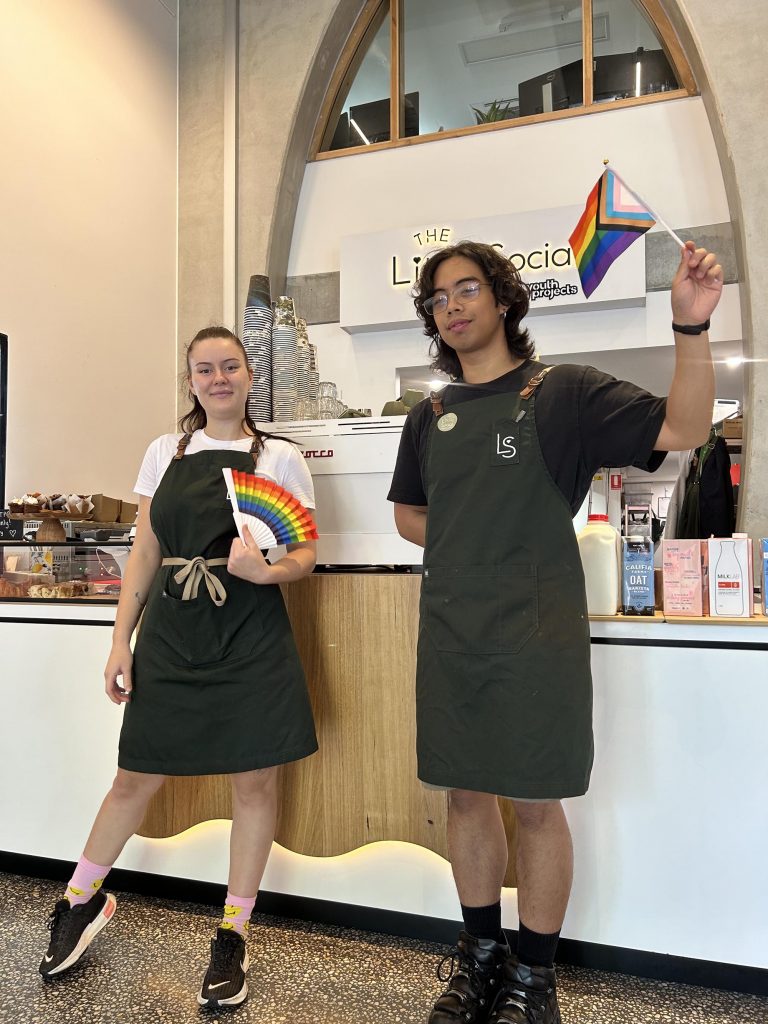
Engaged with
3,259
young people
INCREASED ENGAGEMENT FROM LAST YEAR
INTO MEANINGFUL EMPLOYMENT
RE-ENGAGED BACK INTO EDUCATION
Employment Programs – Return on Investment
At the core of our success lies the financial return for both participants and the broader economy. In just one year, our program has:
Generated
$31.5 million in new wages from new jobs, empowering young people to contribute to their households and communities
Delivered
$5.18 million in tax revenue back to the government, creating a positive fiscal impact on public funds.
Reduced
the reliance on impact support, saving the government $17.4 million in income support payments that would otherwise be required.
Total Financial Benefits:
annually
For every $1 spent, the Employment Services programs return $6.93 financial benefits
But this is just the beginning.
Over the course of three years, as 80% of our employed young people continue to stay in work, these benefits only grow:
$76.8 million
in wages generated across three years.
$12.6 million
in tax contributions from employed young people.
$42.5 million
saved in reduced welfare dependency.
Each job placement is more than a number; it represents a young person’s pathway to independence, confidence, and long-term success.
My job provider was immediately warm, engaging and very respectful. She took time to understand my situation and we worked together to begin a plan for me. I left the meeting feeling confident and supported and inspired to begin my new life here in Australia.
Youth Projects has helped me prepare for and maintain paid employment, from proof-reading resumes and cover-letters, interview preparation, providing opportunities to volunteer and gain experience in food handling and hygiene as part of a certification, and continued support when employment has been commenced. They’ve assisted in reverse-marketing and matching me to employers with suitable and viable workplaces, taking into consideration my circumstances.
The youth hub is a great place to be inside, they provide me with food and clothes which helps my home situation
Social Enterprise
Transforming Lives One Coffee at a Time
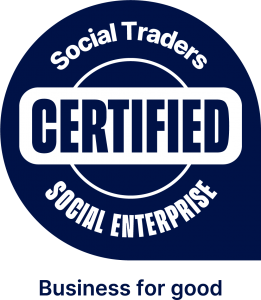

The Little Social, our Work Integration Social Enterprise, is transforming lives by offering meaningful employment to young people facing significant barriers such as homelessness, mental health issues, and lack of work experience. Through roles in our cafes and kitchen, these young people gain vital skills and real-world experience, empowering them with a sense of purpose and paving their way to a sustainable future.
Our trainee program, bolstered by partnerships with leading hospitality brands like La Marzocco and Reverence, provides practical training on cutting-edge equipment delivered by industry experts. This collaboration not only enhances participants’ skills and employability but also helps them build valuable professional networks.
In a whirlwind of growth and innovation, we boosted participant engagement by 40%, supporting participants experiencing unstable housing and with limited access to transport. Our Barista and Food Safety workshops for Youth Projects and Melbourne City Mission Front Yard empowered young people with essential skills, while our new training programs have opened doors for those experiencing homelessness at The Living Room.
The success of The Little Social is amplified through strategic corporate partnerships and social procurement in our catering services. These alliances expand our reach, offer more opportunities, and ensure ethical, socially responsible practices. By bridging the gap between corporate organisations and charities, we create jobs, support the local economy and drive positive change for young people who need it most.
Our two flagship cafes located in the Victorian Pride Centre and Alfred Health continue to thrive, demonstrating a 13% increase in revenue from the previous year. Over the last two years, The Little Social has generated a surplus of $152k combined, supporting to fund The Living Room.


Over the past 12 months…
210K
coffees served
236
catering orders
4000+
pay-it-forwards
22
team members employed
42
completions of the Here4Hospitality program
82%
of participants forged pathways into employment or further education
Experiencing significant growth over the past financial year, we have accumulated over 236 catering orders and significant revenue, proving that our strategic approach to expanding the catering arm of the business has been successful.
You guys are amazing! We had such amazing feedback on the food and so grateful that we were able to donate the remaining food! I will be leaving a very positive review on google if that is available and will definitely be going to you for catering in the future!
Department of Families, Fairness and Housing
Thank you for the excellent food. I received very good feedback, everyone enjoyed it, and it definitely contributed to the success of the symposium. Safe to say that I shall be contacting you again for our future events 😊
Melbourne Law School
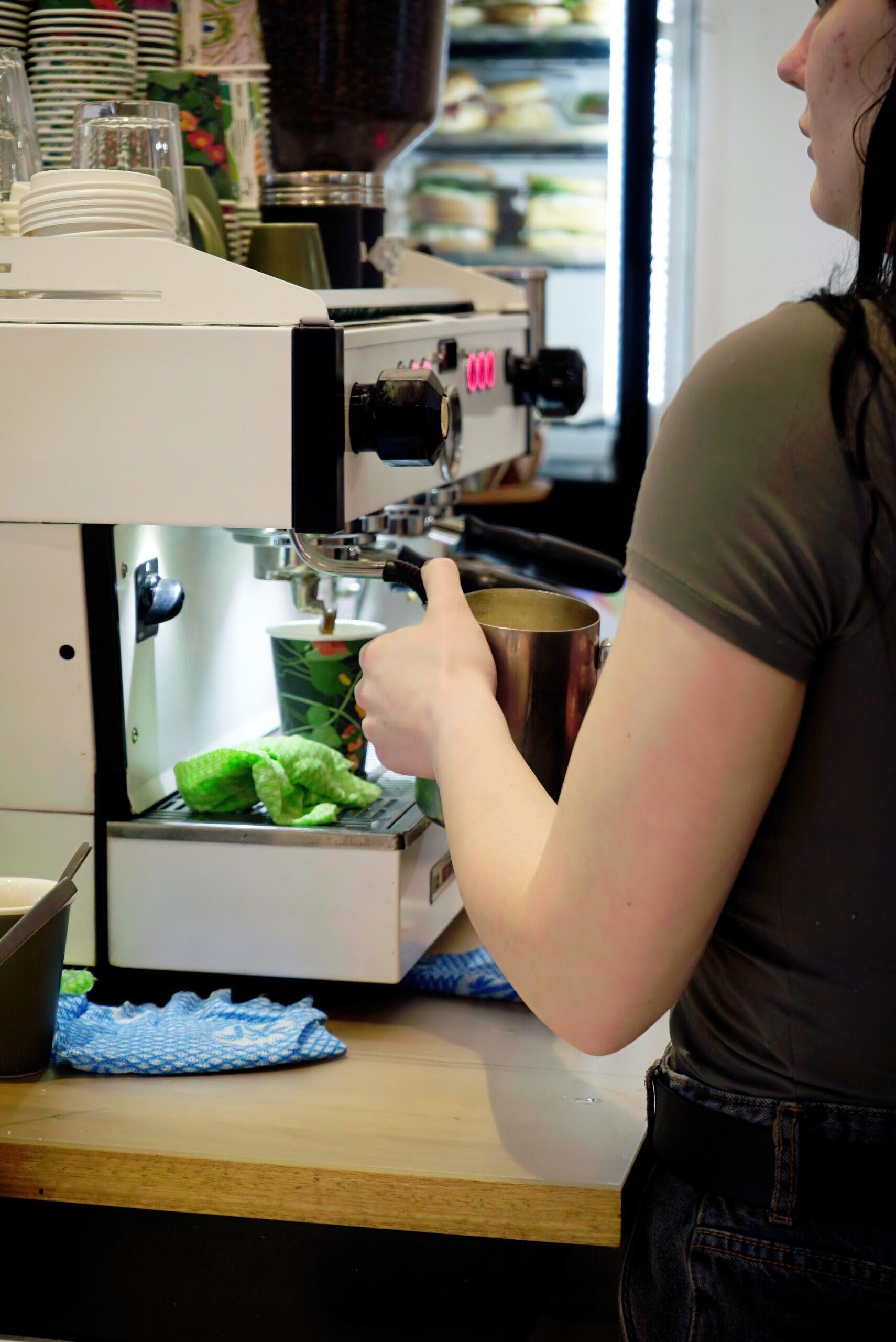
Brewing Success: Lily’s* Journey from Recovery to Barista
Lily came to Youth Projects with a referral from her AOD clinician after completing a substance use program. Initially hesitant, she gradually became more engaged in the H4H program, gaining confidence and employable skills. With support from our Disability Employment Services team, Lily not only conquered her addition but also completed a 12-week program, securing three job offers. Today, she’s thriving as a barista at a local café, demonstrating the powerful impact of our holistic support approach.
*name changed
To maintain our holistic model, profits from The Little Social are re-invested back into critical homelessness services at The Living Room.
Essential Support in Melbourne’s Mental Health Crisis
Mental health support in Melbourne and across Australia is overwhelmed, with wait times soaring to 8-12 weeks due to COVID-19, especially affecting young people who missed critical developmental milestones during lockdown. In response, Youth Projects has stepped up to offer immediate help through our Youth Holistic Outreach Program (YHOP). We provide intensive, personalised case management to those struggling while they wait for longer-term services. Our proactive approach includes engaging with young people in their own spaces to connect and build rapport. We also focus on addressing the unique challenges faced by young people with disabilities to enhance their engagement and overall wellbeing.
Over the past year, our YHOP program has greatly improved young people’s mental health, their comfort in discussing it, awareness of supports, and confidence in accessing services. Survey data shows increased self-esteem, belonging, and optimism. As a result, YHOP Out West has secured funding from the Born This Way Foundation for another year. A big thank you to Hume and Merri-bek City Councils for their support in helping change the lives of young people in the west.

QPOP:
Empowering LGBTIQA+ Youth with Holistic Support
Funded by the Department of Health, QPOP is a new initiative launched this year to support LGBTIQA+ youth in Melbourne’s western suburbs, specifically those with autism, ADHD and psychosocial challenges. Targeting young people aged 12-25 in the Wyndham/Werribee area, QPOP offers up to 6 months of personalised support. Our Youth Outreach Team provides tailored mentoring and coaching, focusing on individual goals and aspirations. Services include psychological support, connections to LGBTIQA+ Safe Services, housing and family violence assistance, and referrals for education, employment and social activities. QPOP’s holistic approach fosters inclusion and resilience, helping young people re-engage with their community and build a positive future.
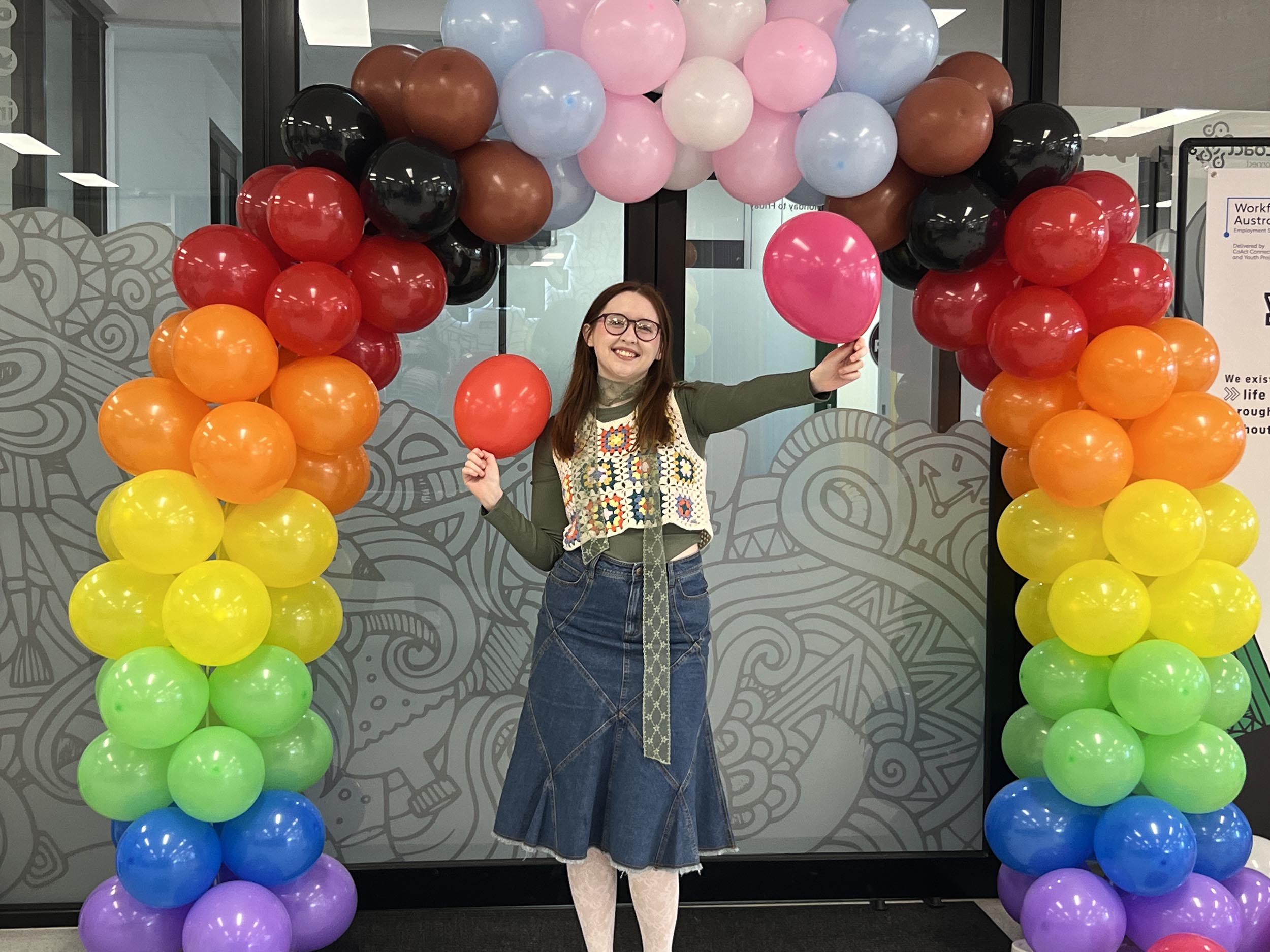
According to LGBTQIA+ Health Australia, 63.8% of LGBTQIA+ people aged 14 – 21 reported a mental health diagnosis, compared to 45.5% of their hetero peers.
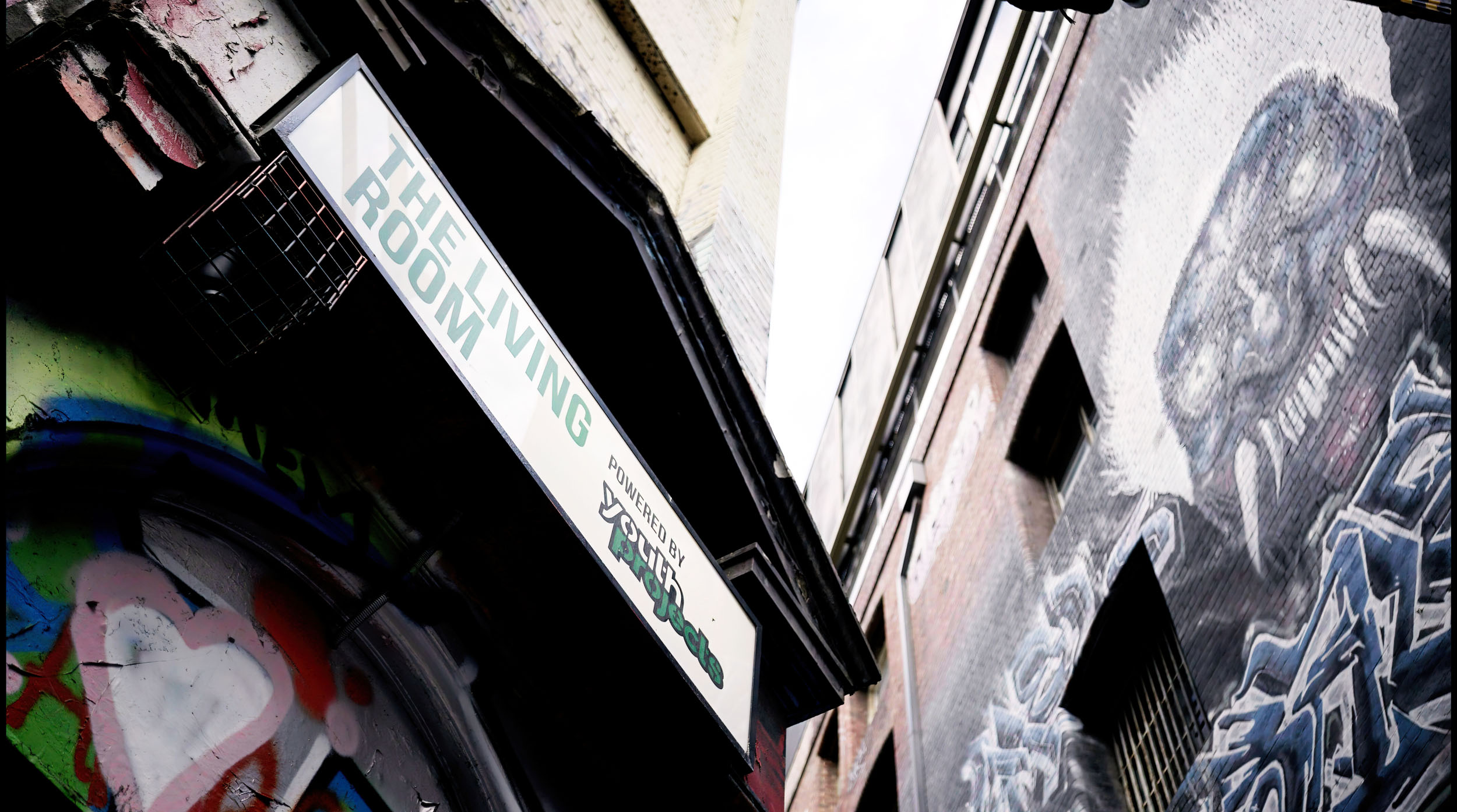
Falling through the gaps
While our goal is to build and reinforce our fences at the top of the cliff, preventing people from falling into poverty and disadvantage, we also need to be the ambulance at the bottom. Why? Because, despite our best efforts, some individuals inevitably slip through the cracks and find themselves in critical situations.
Many are unable to break the cycle of poverty due to systemic barriers and stigmatisation that keep them from accessing essential support. The cost of living and lack of affordable housing creates a wall too steep for many to climb. Insufficient funding for crucial services, such as addiction treatment and mental health support, means that the safety net we strive to provide still has holes.
These gaps in support result in some people falling through the fence we’ve worked so hard to build. It’s a stark reminder of the urgent need for comprehensive reform and increased investment in these critical areas.
Our Dual Commitment to Prevention and Crisis Support
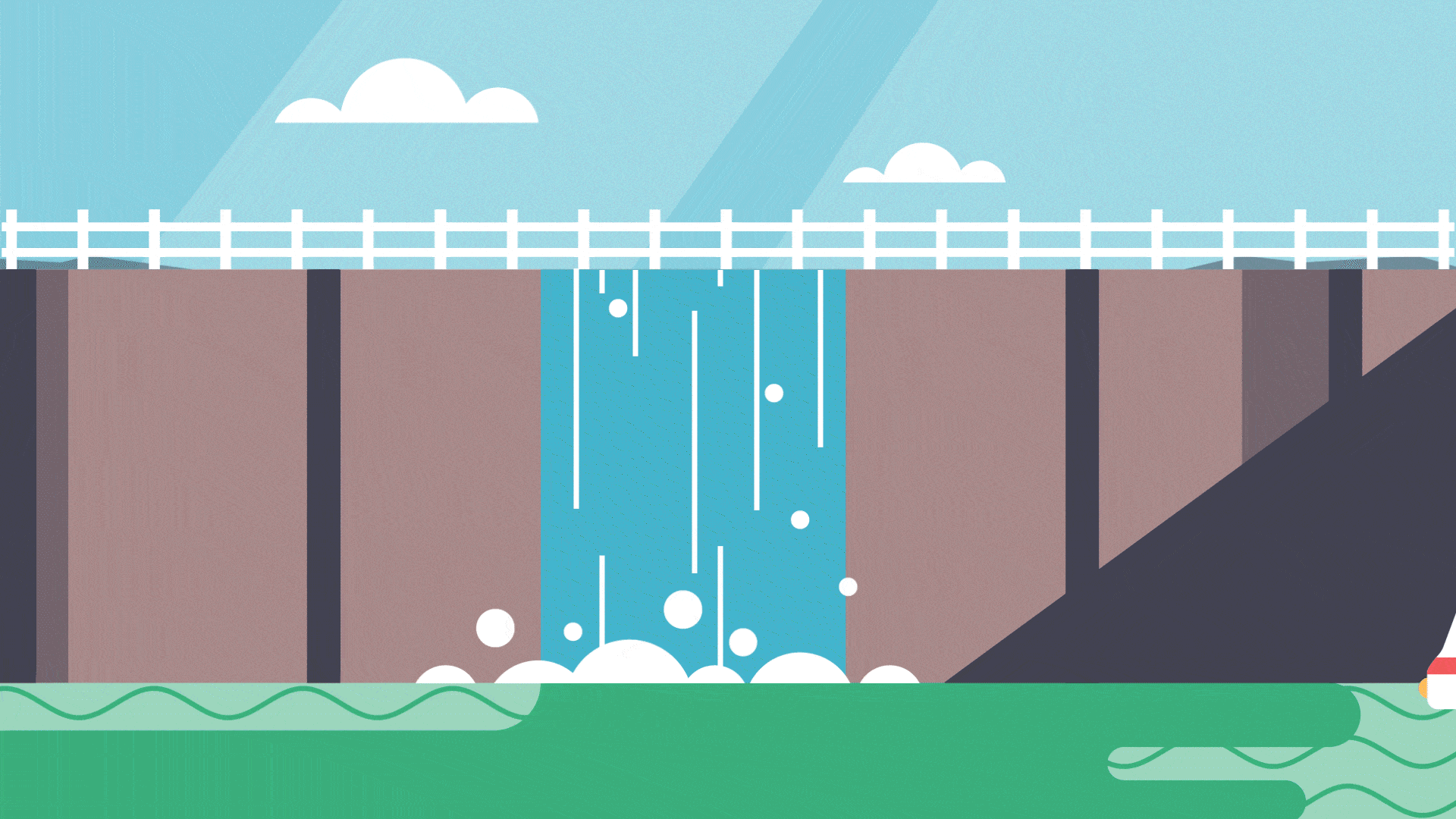
Being the ambulance at the bottom means we’re ready to respond swiftly and compassionately to those who have already fallen. It’s our duty to help those who have been caught in the cycle of poverty, those who have faced systemic barriers, and those who need urgent support. This dual role ensures that we not only work to prevent issues, but also provide immediate, life-saving assistance to those in dire need.
Our commitment to being both the fence and the ambulance underscores our dedication to addressing the full spectrum of challenges faced by the community. It’s not just about stopping falls; it’s about offering a lifeline and a path to recovery for everyone who needs it.
Surge in The Living Room Attendance Signals Deepening Crisis
The situation for homeless Australians is increasingly dire. With a shortage of new housing and funding, and a fragmented service system, over 122,000 people are homeless each night. Of these, 6.2% are sleeping rough, while many more are hidden – crammed into crisis accommodation, rooming houses or couch surfing.
And we’re seeing the impact firsthand. The Living Room has been at the front line for 21 years. We are the cornerstone of the service system in Melbourne’s CBD. Vulnerable folks trust us because we welcome them where others have turned them away, and we see the whole person without judgement. The rise is especially pronounced among young people aged 19-25, with presentations from this group soaring by 139%.
In Melbourne’s CBD, there’s a glaring lack of youth-specific drop-in spaces. Many young people who have aged out of traditional youth services find themselves with nowhere to go. That’s why The Living Room is vital, offering a welcome space where everyone can find support and a place to belong.
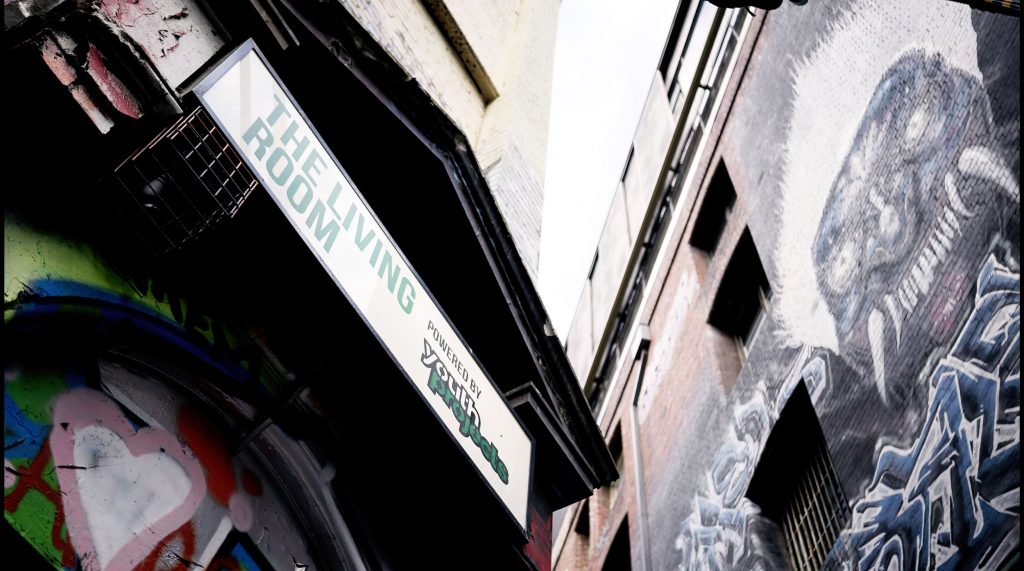
This past year, The Living Room supported

a staggering 56% increase from the previous year.
Sadly, 1 in 3 people accessing The Living Room were experiencing unstable housing or primary homelessness.
SHOWERS
FOOD AND NUTRITION
INTERNET ACCESS
MATERIAL AID*
*a staggering 391% increase from last year which aligns with the increase in service users, the lack of housing options and the greater need for warm materials in Winter and supplies for hot weather.
I don’t do drugs. I’m homeless because I can’t afford on a pension to live and pay 400 bucks a fortnight in rent.
Dallas
I ended up in a domestic relationship, so I had to leave.
Del
I had a good upbringing. There were situations in my life that I couldn’t foresee that brought me down. And alcohol played a big part.
Mark
I want to find a rental. I’m just living in a friend’s house. This is no good, I want to do things for myself.
Po Cheng
A Bleak Reality:
Housing Solutions Remain Out of Reach
Despite The Living Room team’s intensified efforts to facilitate housing solutions for clients – making 1,200 referrals in the last year – only 151 resulted in actual housing outcomes. This contrasts with the previous year where 453 referrals led to 85 housing outcomes. While these figures show some progress in advocating and addressing our clients’ housing needs, they underscore a stark and sobering truth: there is still a severe shortage of available housing, whether for crisis, transitional, or long-term needs.
But it’s not just housing…Poverty is rising, people are falling behind, and it is critically highlighted with our current economic and cost of living crisis and a post pandemic reality that there simply is not enough to go around. Not enough housing, mental health care, family violence support. There is simply just too little of a safety net for anyone falling on hard times or trying to beat the vicious cycle of poverty to survive, let alone thrive.
Critical Healthcare for the Most Vulnerable
June 2024 data from the Australian Institute of Health and Welfare reveals that those experiencing or at risk of homelessness are among the most disadvantaged in Australia, facing severe health, social and economic challenges. Studies show that homeless individuals can die 22 to 33 years younger than those with stable housing, with many deaths preventable through proper healthcare. The need for targeted support and intervention has never been more critical.
Our incredible GPs treated 2,326 patients this year, a remarkable increase of 786 appointments from last year.
The top health concerns included skin disorders, respiratory issues, and cardiovascular problems, with a close second in treatment for sexual and physical assaults, cancer care and dental issues. Our dedicated nursing team supports this effort with pap smears, pregnancy testing and support, prescription management and pathology referrals – and we fund all of this ourselves, as these services are often unavailable to those without ID or a Medicare card (a common issue amongst our clients).
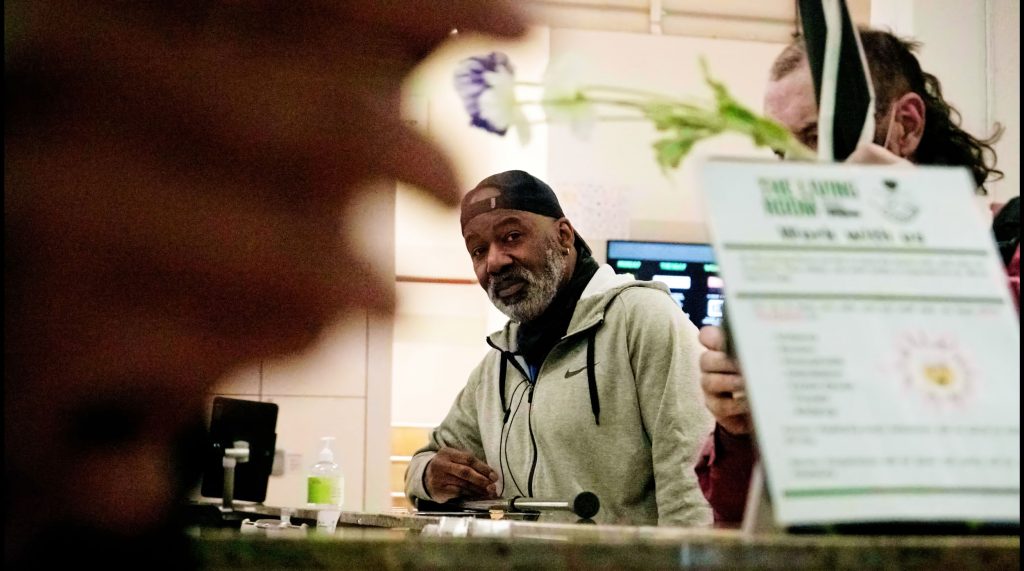
Then, when the clinic closes, our expert Night Nurses take to the streets offering care well into the night. This year we had over 3,743 nighttime interventions. Many of these are women, young people, queer or gender diverse, and struggle to get the service that meets them where they are at. Whether it’s wound treatment, crisis intervention, a warm meal or simply a comforting chat and blanket, we’re here to provide whatever support is needed during life’s toughest moments.
The Living Room recorded
7,230
preventative health interventions by our clinical team.
These interventions included:
WOUND CARE TREATMENTS
TREATMENTS FOR SKIN DISORDERS
AOD HARM REDUCTION INTERVENTIONS
For every dollar invested in The Living Room returns a minimum of $8 in savings to the health and hospital system
$4.1mil
Preventative Health Cost Savings
$685K
Diabetes Cost Savings
$750K
Blood Borne Virus Intervention Cost Savings

Rising Overdose Deaths and Underfunded Solutions
Deaths from overdose are soaring, yet harm reduction programs remain woefully underfunded. Since 2000, over 42,000 Australians have lost their lives to drug overdose – deaths that could be entirely prevented with proper funding for proven interventions.
This year has seen alarming health alerts about illicit drugs, including cocaine, being cut with dangerous substances like Nitazenes. These synthetic opioids are up to 100 times stronger than Heroin and even more potent than Fentanyl.
Yet at the same time, we have a severe shortage of Naloxone, the crucial overdose reversal drug. Since Victoria’s rollout of the Take Home Naloxone program in December 2023, supplies have dwindled, leaving both the community and drug safety workers vulnerable as they face an increasingly tainted drug supply.
Methamphetamine use has nearly doubled over the last three years
This Year
SELF-REFERRALS TO OUR AOD CLINICIANS
INDIVIDUALS COMPLETED NALOXONE TRAINING WITH OUR PROACTIVE OVERDOSE RESPONSE WORKER
TAKE HOME NALOXONE KITS WERE DISTRIBUTED TO THE COMMUNITY
CLEAN NEEDLES DISPENSED THROUGH OUR NEEDLE SYRINGE PROGRAM
AOD Harm Reduction Intervention Cost Savings:
Opioid Replacement Therapy Cost Savings:
Needle Syringe Program Cost Savings
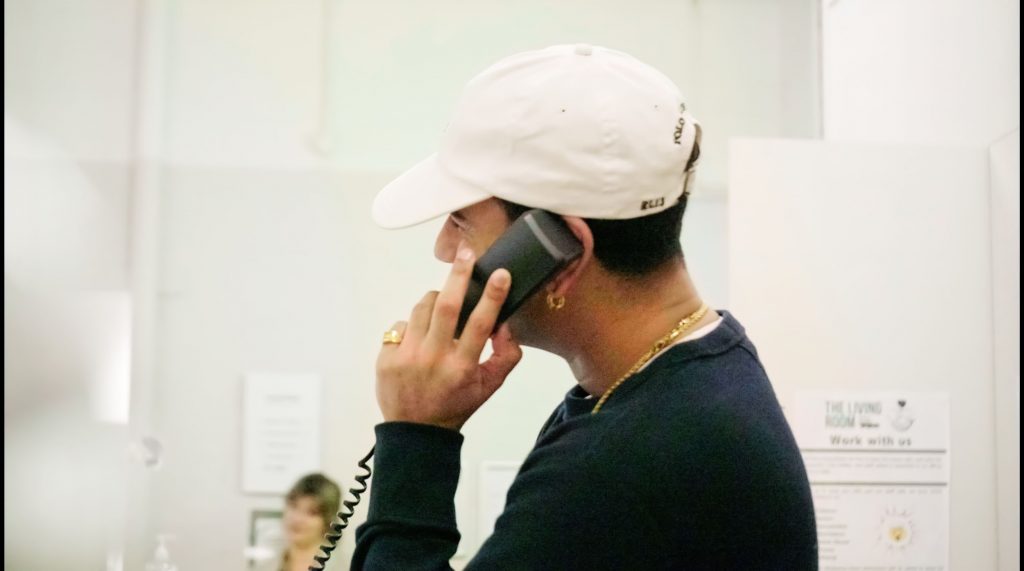
We had a client call to tell us there is some really strong gear going around and his partner overdosed yesterday but he was able to bring her back by administering Naloxone. He called to thank us for the training he received a few months ago and to tell us how happy he was that it worked.
Kris A, Medial Administrator at The Living Room
Our Peer Support and Proactive Overdose Response Initiative (PORI)
…saw us deliver Naloxone Training to 192 individuals. The Nyxoid nasal spray remained the most popular formulation of naloxone training, particularly with professionals, despite ongoing periods of shortages. Additionally, the PORI working group facilitated at least 462 take home naloxone kits into the community, a huge element to our Harm Reduction plan. Since 1990, Youth Projects has been operating the longest standing mobile and foot-based Needle Syringe Program outreach service in Australia. For every $1 spent on the Needle Syringe Program, a total of $27 is saved to the economy and public health system.
Prioritising Lives
To combat the rising toll of road deaths, the Victorian Government has set ambitious targets and secured long-term funding. However, when it comes to the crisis of drug overdoses, where fatalities are 127% higher than road accidents, the response is woefully inadequate. The government plans a six-month timeline to develop a Statewide AOD Action Plan and a mere 1% increase in funding for the AOD sector.
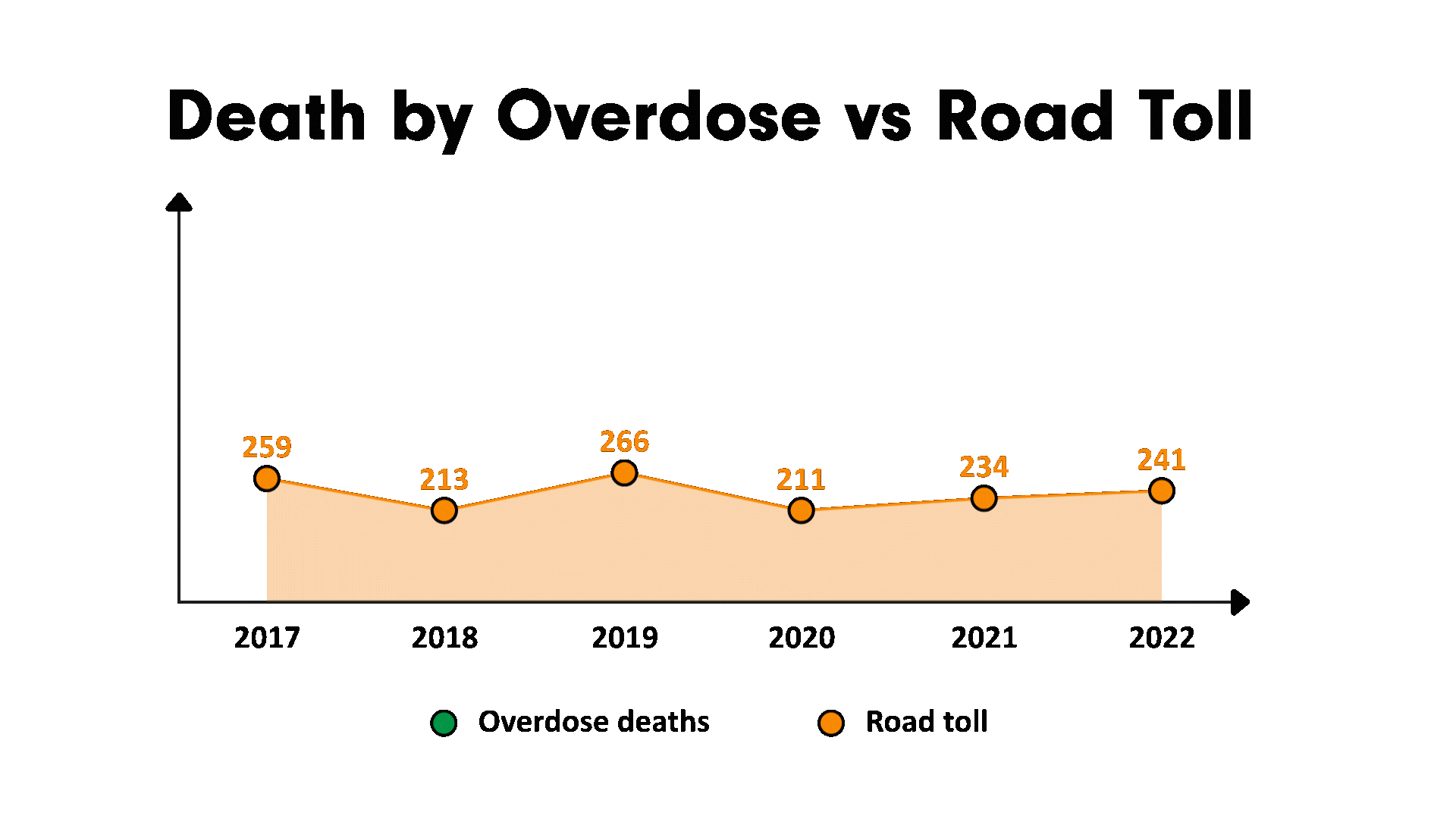
The contrast in investment is glaring. While stigma continues to slow progress – shown by the halted second Safe Injecting Facility – the lack of substantial funding for overdose prevention starkly highlights government priorities.
Whilst the focus on road safety reflects a compassionate approach to preventing loss of life, the lower priority given to drug overdose prevention not only overlooks the critical need for intervention but also perpetuates a cycle of neglect and marginalisation for those struggling with substance use. Addressing drug overdose with the same urgency and empathy as road safety would reflect a more equitable and humane approach to public health.
The Next 40 Years
What’s Next for Youth Projects?
The post-pandemic reality for young people in Melbourne living below the poverty line has been challenging and multifaceted.
Many have faced heightened economic instability due to job losses or reduced working hours, exacerbating existing financial vulnerabilities. The cost of living, particularly housing and essential services, has continued to rise, making it even more difficult for these young people to make ends meet.
Mental health issues have also surged, with increased anxiety and depression linked to social isolation, uncertainty about the future, and struggles with employment. Access to education and training opportunities has been disrupted, further limiting their ability to gain skills needed for better employment prospects.
Support services, while essential, have often been stretched thin, making it harder for young people to access the help they need. As a result, many continue to experience food insecurity and unstable housing situations. Overall, the combination of these factors has created a precarious environment for vulnerable youth, highlighting the urgent need for targeted interventions and support systems to help them navigate these ongoing challenges.
We’ll continue to scale to reach those who need us most, we aren’t growing for growths sake, we’re doing it because we must.
We will continue to see the whole person and develop and scale models that meet the needs of the people who need us most. We will continue to ask the ‘why’ behind people needing our services. Why do young people fall into poverty? Why do they leave school? Why are they without housing? Why do they experience poor mental health and family violence. We will dig deep into the ‘why’ and continue our bold and courageous approach to changing and saving lives.
Over the next 12 months:
Our Youth Outreach Team
…will continue to implement the Youth Holistic Outreach Program to young people accessing Transition to Work services, enhancing integration of the Youth Outreach Team within our hubs in Western Melbourne. This move is strengthening a more unified approach across our organisation. The ability to layer holistic support across our early interventions will strengthen our program experience for young people living with complex needs and will broaden our impact in reducing the number of these clients that are facing long-term unemployment.

At The Little Social,
we will continue to grow our Social Enterprise including increasing training opportunities for young people, opening new social enterprise cafes, expanding our catering offering and looking towards opportunities for a new social enterprise business. We will also continue our experimentation and exploration of new social enterprise concepts! More on that to come in 2025!
The key focus on our harm reduction response
…will be continuing to deliver and develop evidence-based interventions, strengthening our impact data and return on investment narrative, influencing the government’s policy and strategy, and advocating for the increase and expansion of harm reduction responses including more Needle Syringe Programs, expanded pill testing, developing Potent Synthetic Opioid Preparedness plans, and peer-led initiatives.
To address needs in mental health,
we have established a relationship with Community Team 1, facilitating more streamlined referrals for our clients. Despite this collaboration, navigating the mental health support system remains difficult and underfunded, posing ongoing challenges for both our staff and our service users. This situation underscores the critical need for increased funding and resources to ensure accessible and effective mental health care for those experiencing homelessness.
The future of The Living Room is uncertain
Despite the rising demand, The Living Room’s funding has stagnated. This funding gap has resulted in significant demand pressures necessitating urgent government investment to maintain the impact our clients rely on. The Living Room funding has indexation of an average of 1.8% over the past 5 years, with some years providing no indexation at all. Yet the service demand, the costs of running a CBD based service and impact we create continues to surge. We can no longer afford to address systemic challenges without a substantial and immediate increase to our baseline funding.
With the current cost of living crisis and increases in mental health presentations, thousands of Victorians will continue to slip through the cracks.
Every day, we personally witness the profound struggles and untapped potential of Melbourne’s most marginalised citizens. Our programs have proven effectiveness, yet without adequate financial support, there is a risk of failing those in need.
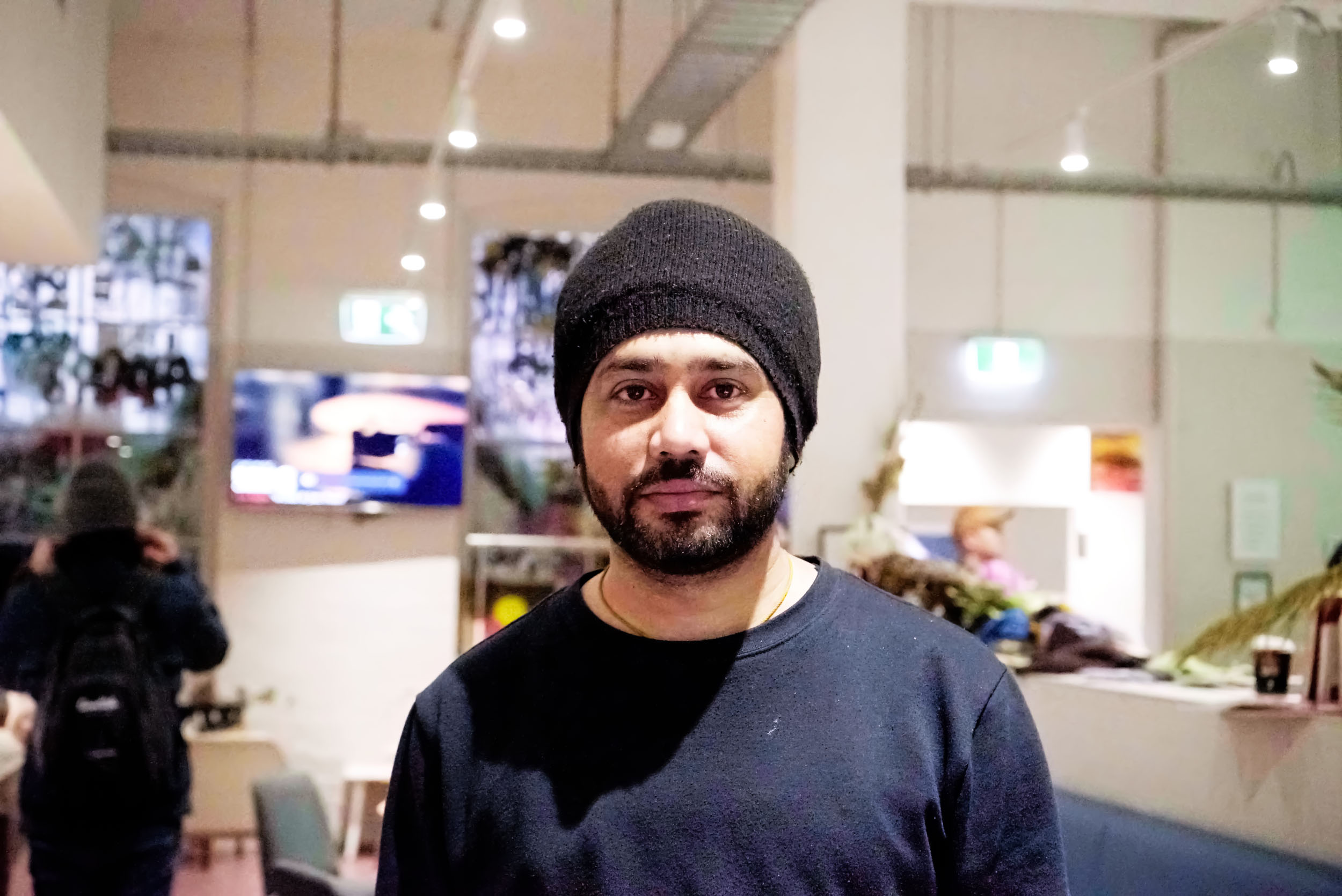
Looking to 2064
A bleak future ahead, unless we act now
Without adequate funding, The Living Room faces a grim future that could have devastating consequences. A shutdown of this essential service would see the 1,600+ clients we see each month without a crucial safety net. Many of these individuals have already been pushed out of other services and will have nowhere else to turn.
We would be unable to provide the 21,000 episodes of practical help each year, including showers, food, laundry, computer access and material aid – basic necessities that our clients rely on daily.
Without our support, clients would lose access to legal aid, housing support, and other essential services. The 166 referrals for family violence we receive each year would go unaddressed, leaving those in desperate need without the advocacy and support that currently fills critical gaps in the system.
The 2,326 patients who rely on our GP services will face a lack of primary health care, worsening their life-threatening conditions due to inadequate access to treatment. This could further widen the mortality gap, particularly for those without ID, Medicare card, transport and finances.
The continued lack of support will exacerbate the cycle of poverty affecting more Australians, including children and young people. This growing crisis will lead to even more barriers for those trying to break free from poverty, deepening the social and economic challenges they face.
The closure of The Living Room would not just mean the loss of a service; it would be a catastrophic blow to the wellbeing of countless individuals already struggling to navigate an under-resourced support system.
OR
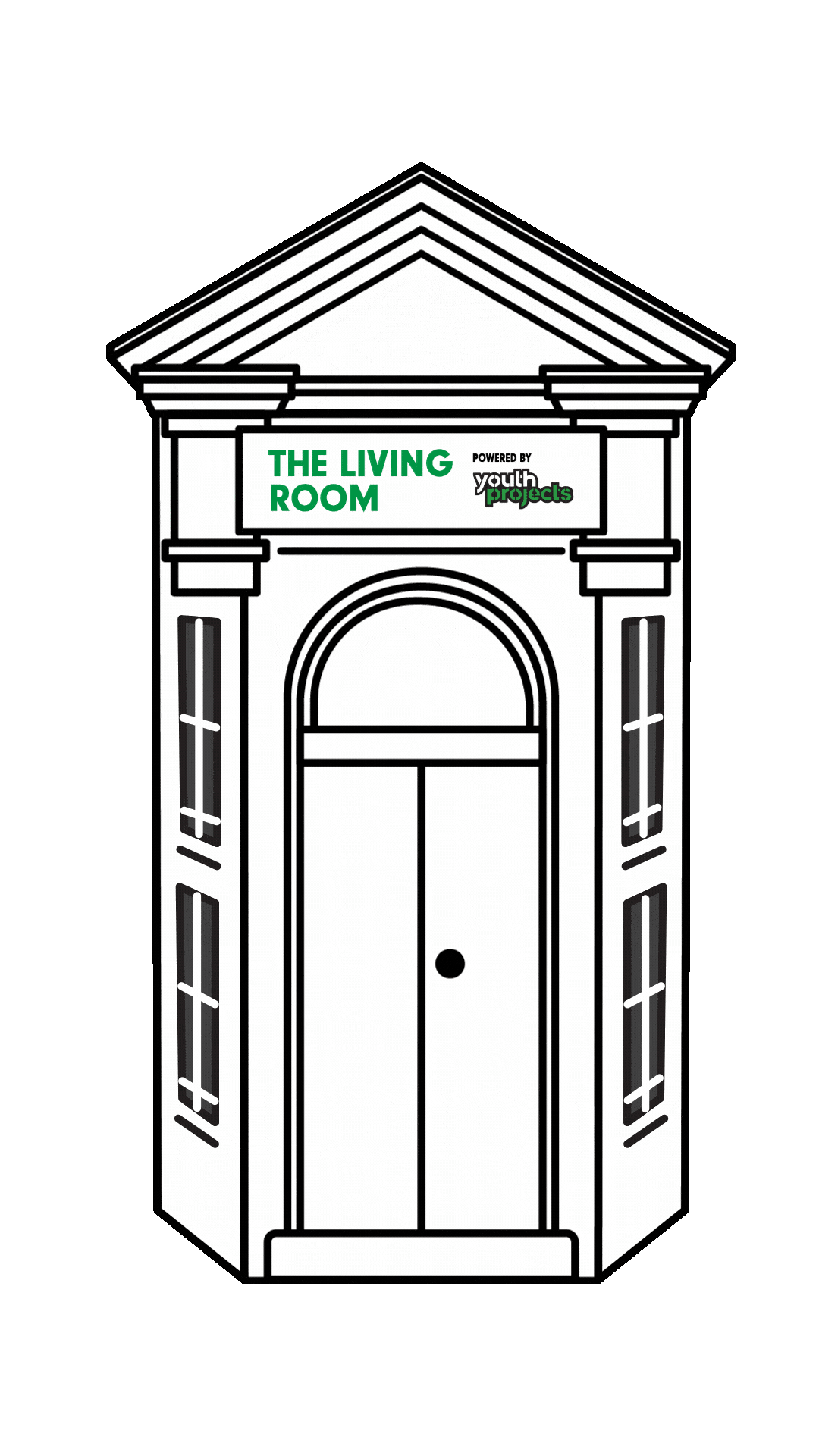
Transforming Poverty
By keeping The Living Room open, we have the opportunity to transform poverty.
Youth Projects sets a new global benchmark for community-led support, creating a dynamic and impactful response for individuals facing disadvantage and homelessness. This drives social and economic improvements, ultimately breaking the cycle of poverty for thousands.
With our ongoing support, more people gain access to essential services such as housing, AOD treatment, medical and mental health care, and employment opportunities. This holistic approach will empower individuals to overcome barriers and improve their lives.
By continuing to provide primary health care, mental health support and AOD interventions, the Living Room saves government and taxpayer resources. Our preventative measures reduce the need for more costly emergency interventions.
Our commitment to young people and early intervention prevents more Australians from falling through the cracks. This proactive approach reduces future demand for emergency services, creating a more resilient community.
At the Top and Bottom

We understand that true impact requires both prevention and intervention. We’re committed to being that sturdy fence at the top of the cliff, working tirelessly to prevent individuals from falling into the depths of poverty and disadvantage. Yet, we also recognise the crucial need to be the responsive ambulance at the bottom, ready to provide immediate help and support to those who have slipped through the cracks. By embracing both roles, we ensure that our approach is comprehensive, compassionate and effective. Together, these efforts create a stronger safety net, offering hope and recovery while striving to eliminate risks that drive people to the edge.
Through our Story of Impact, we will continue to enable our clients to lead longer lives, have improved health, meaningful employment and a greater sense of belonging, safety and security through a holistic model of care. We do this to give everyone a fair opportunity. We do this to break the cycle of disadvantage and poverty in Australia. We do this because we must.
But we can’t do it alone…
A big thank you to our partners and supporters
Donation Partners
Funding Partners
Program Partners
Peak Bodies
Social Enterprise Partners
University & Research Partners
Governance & Compliance

